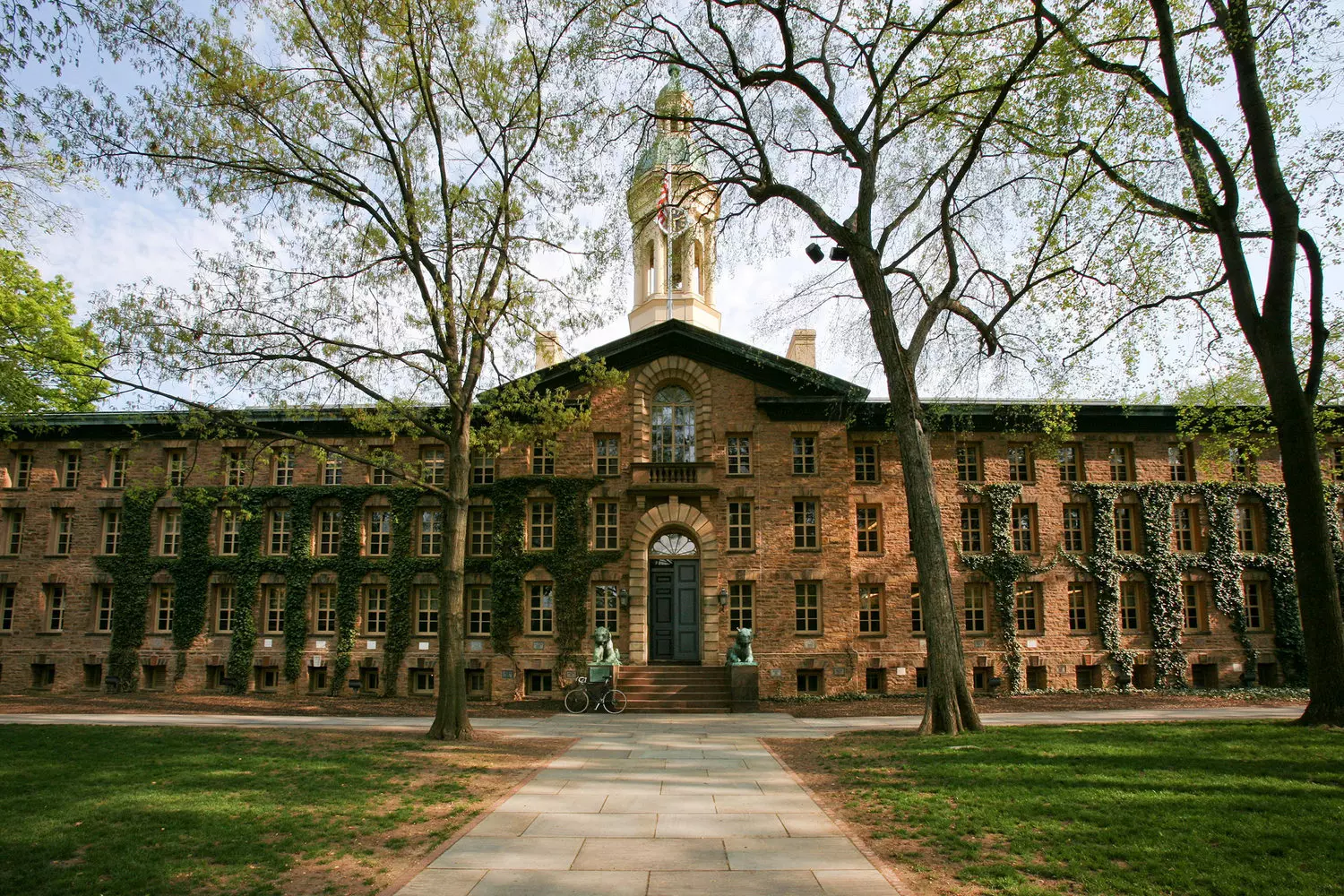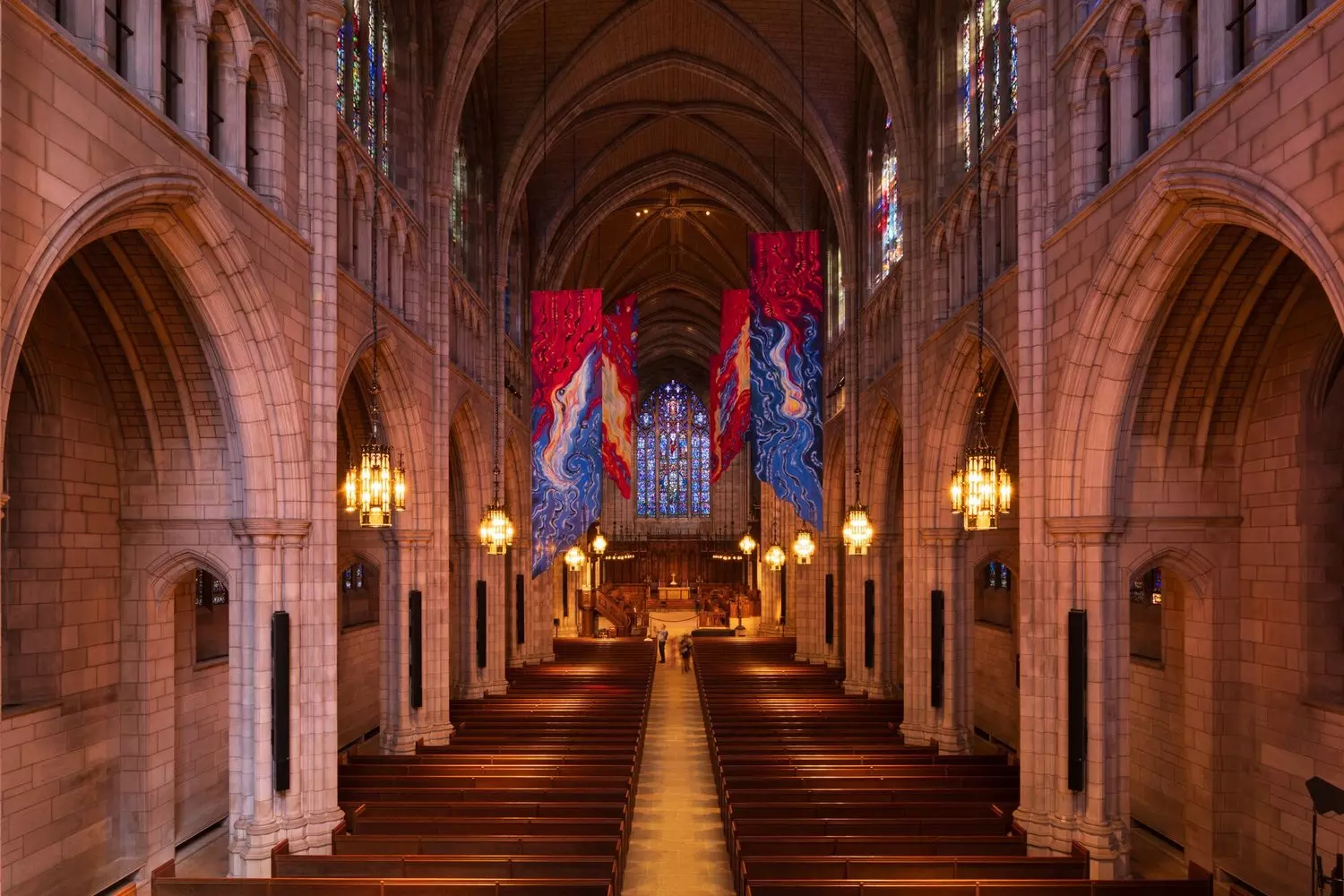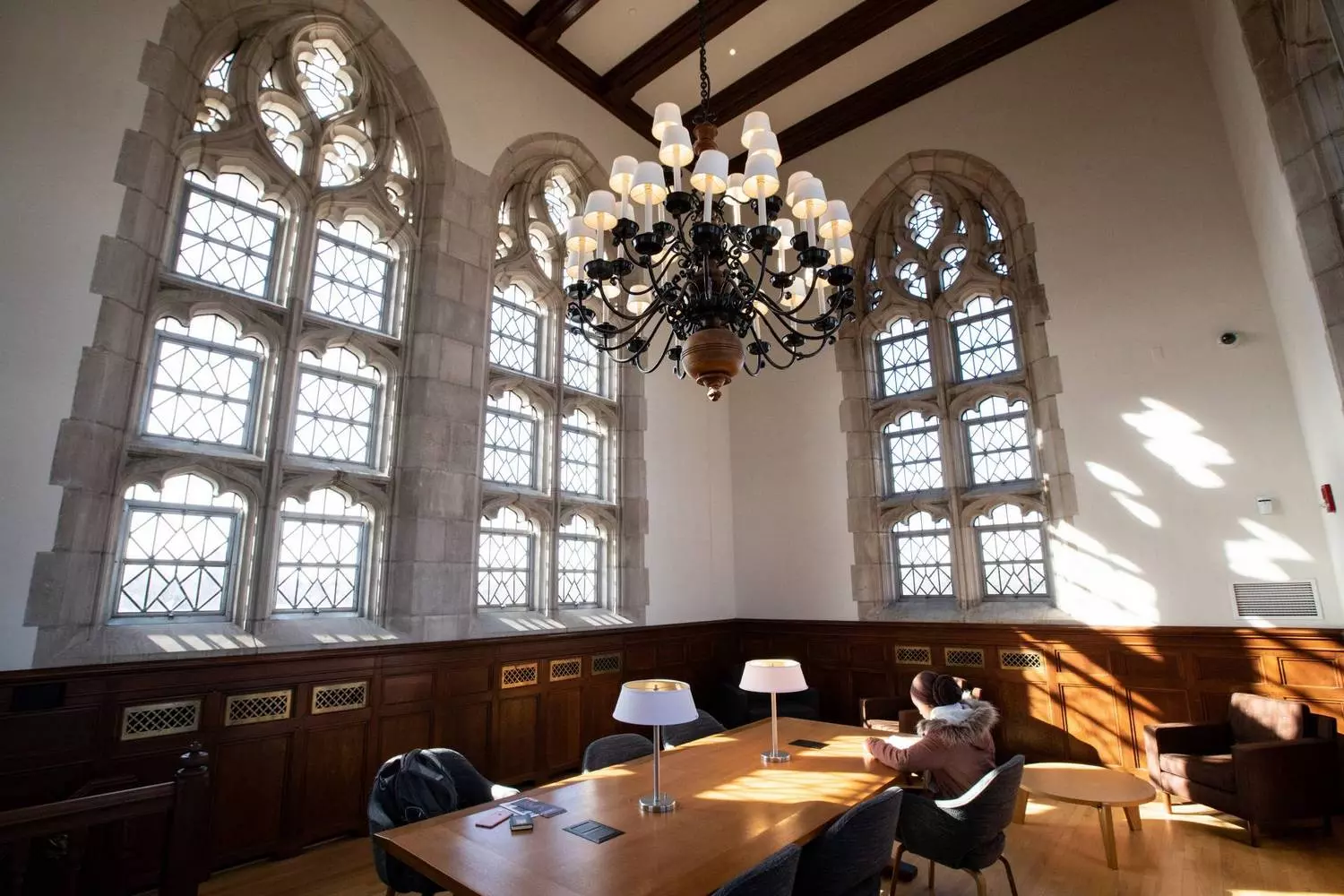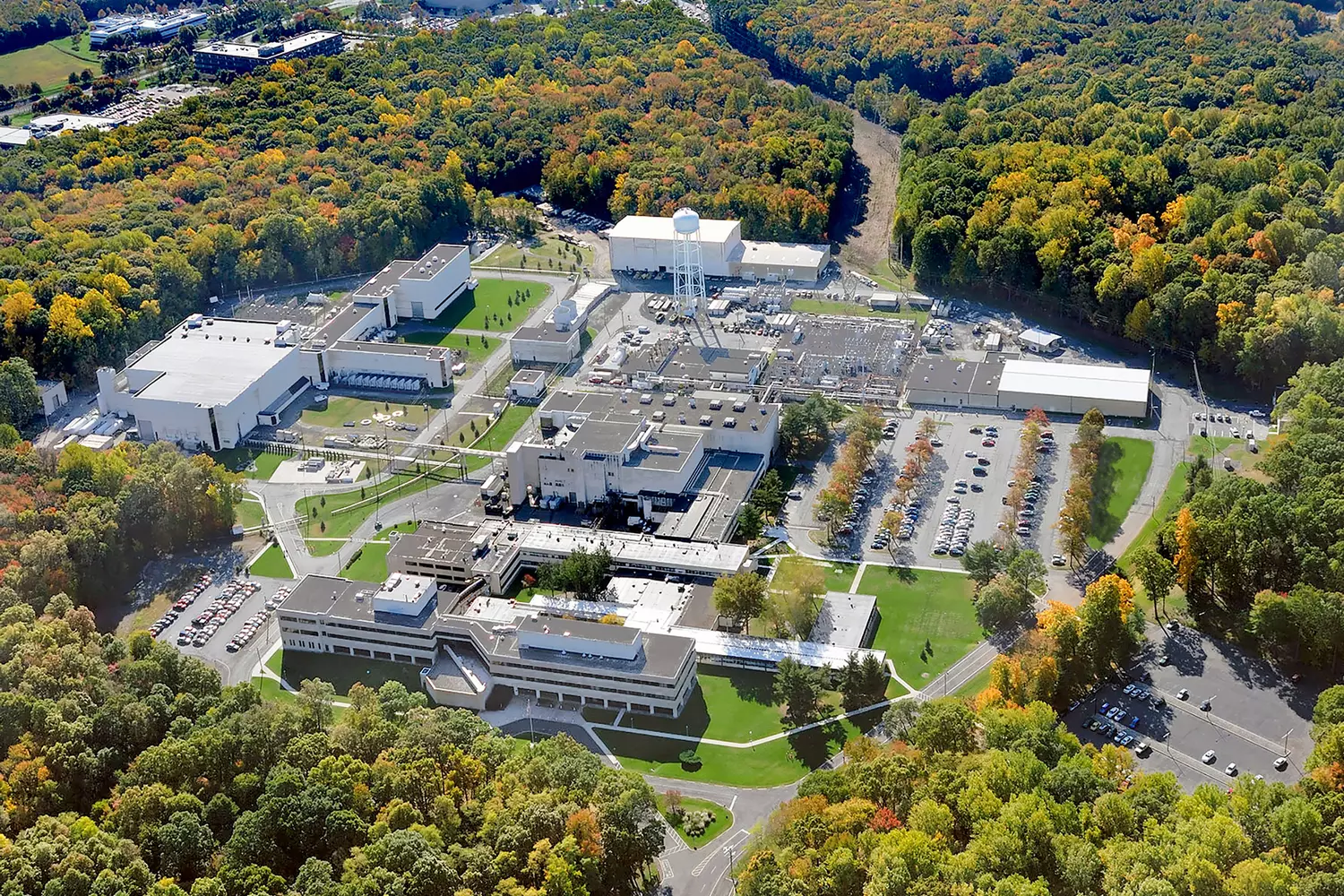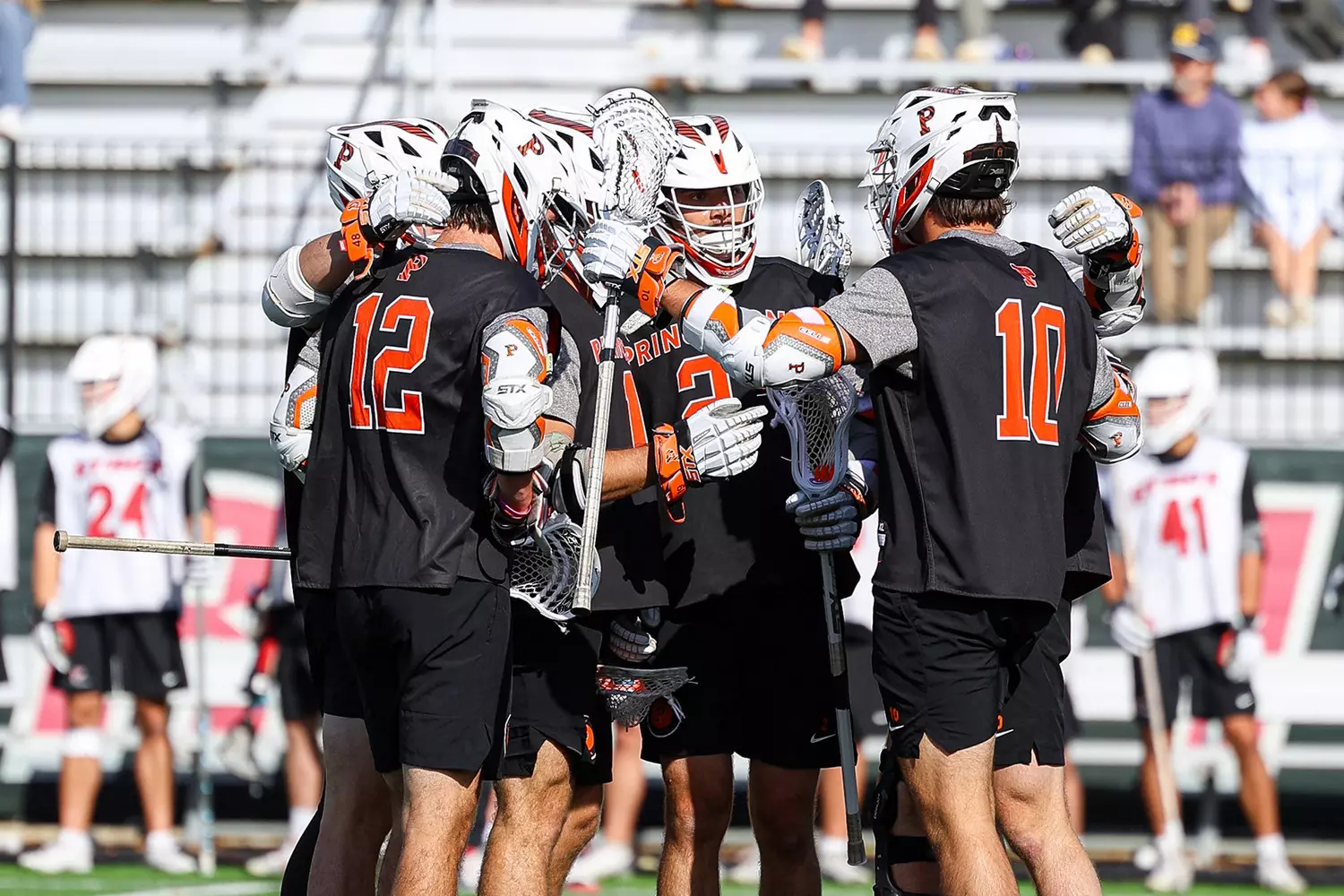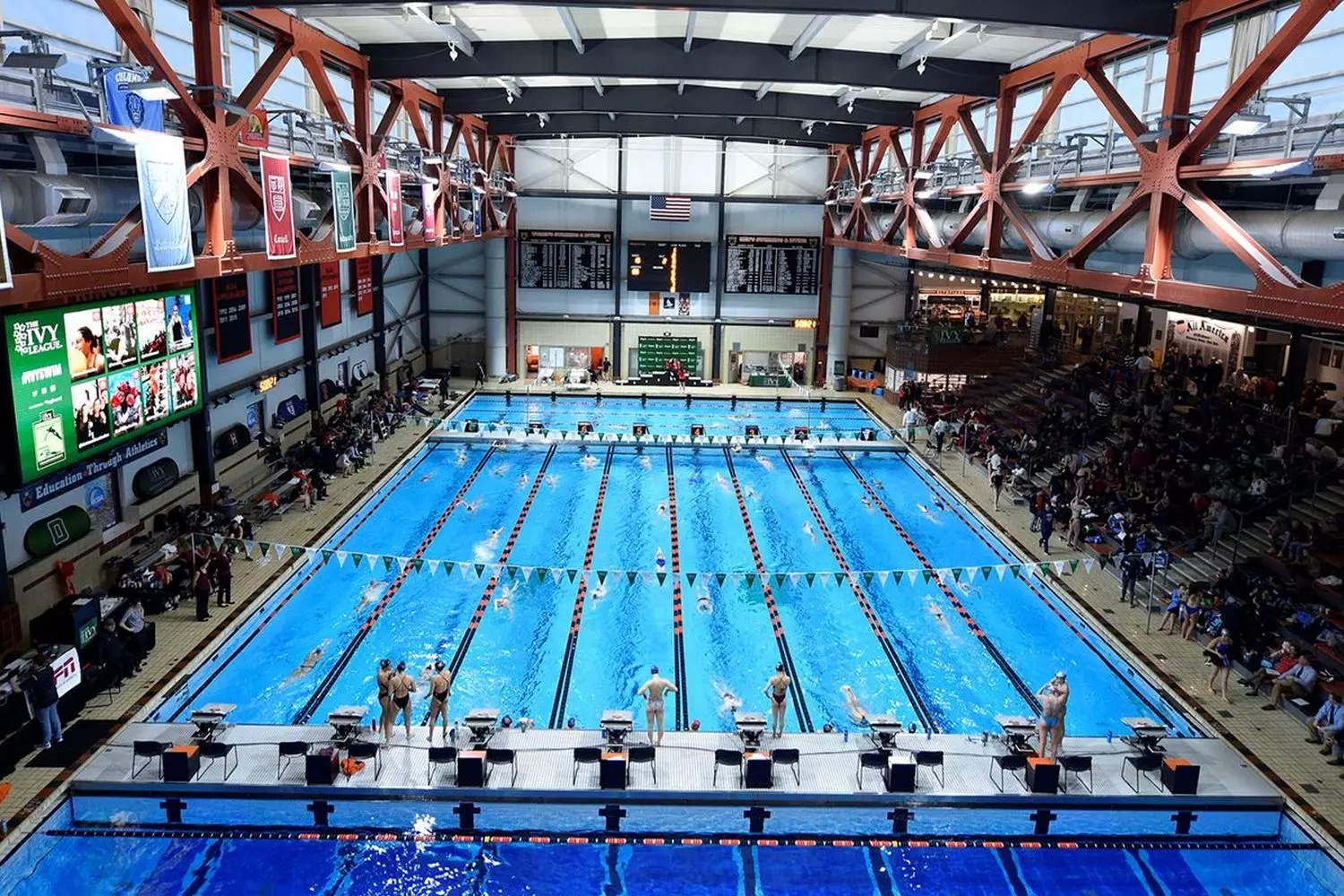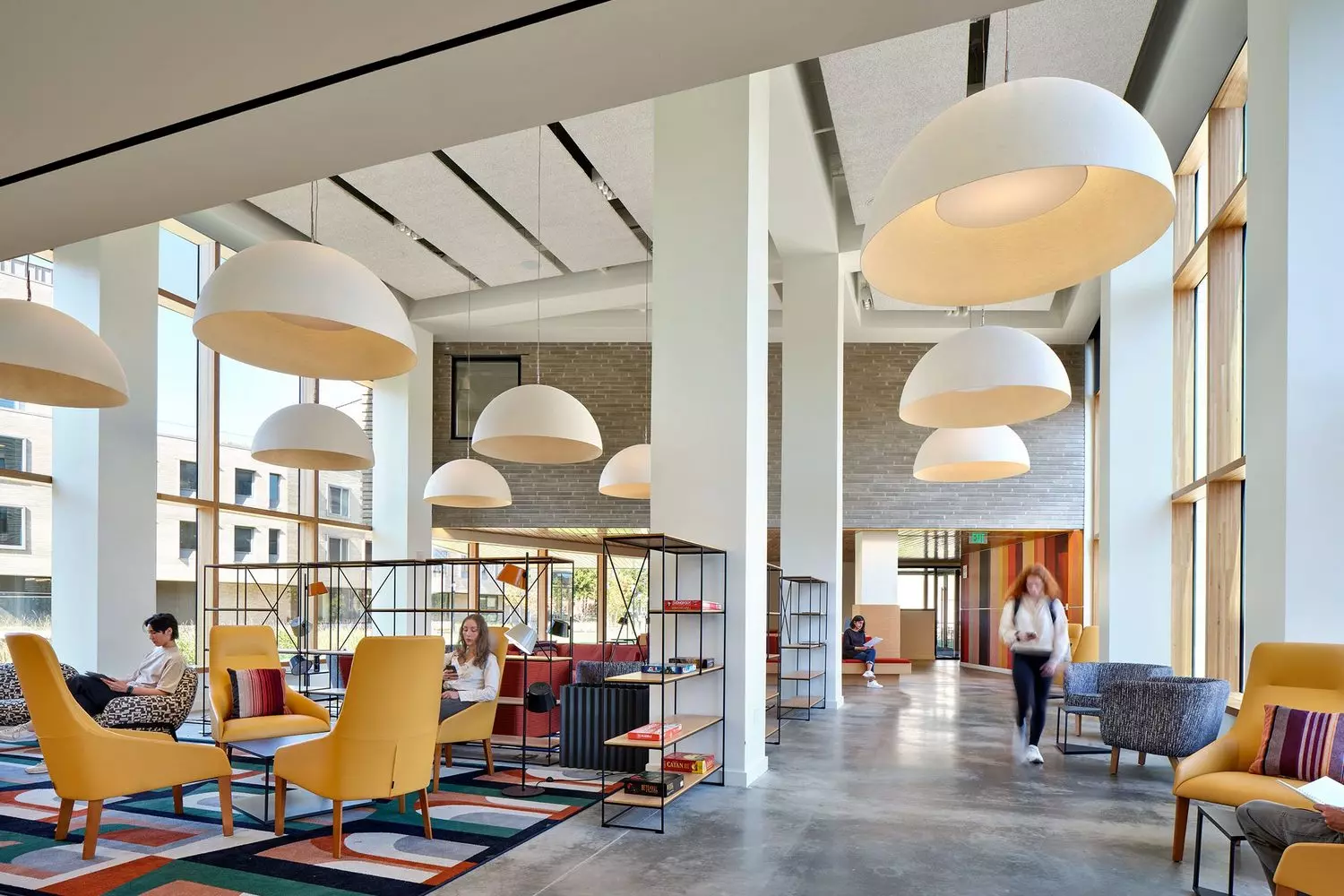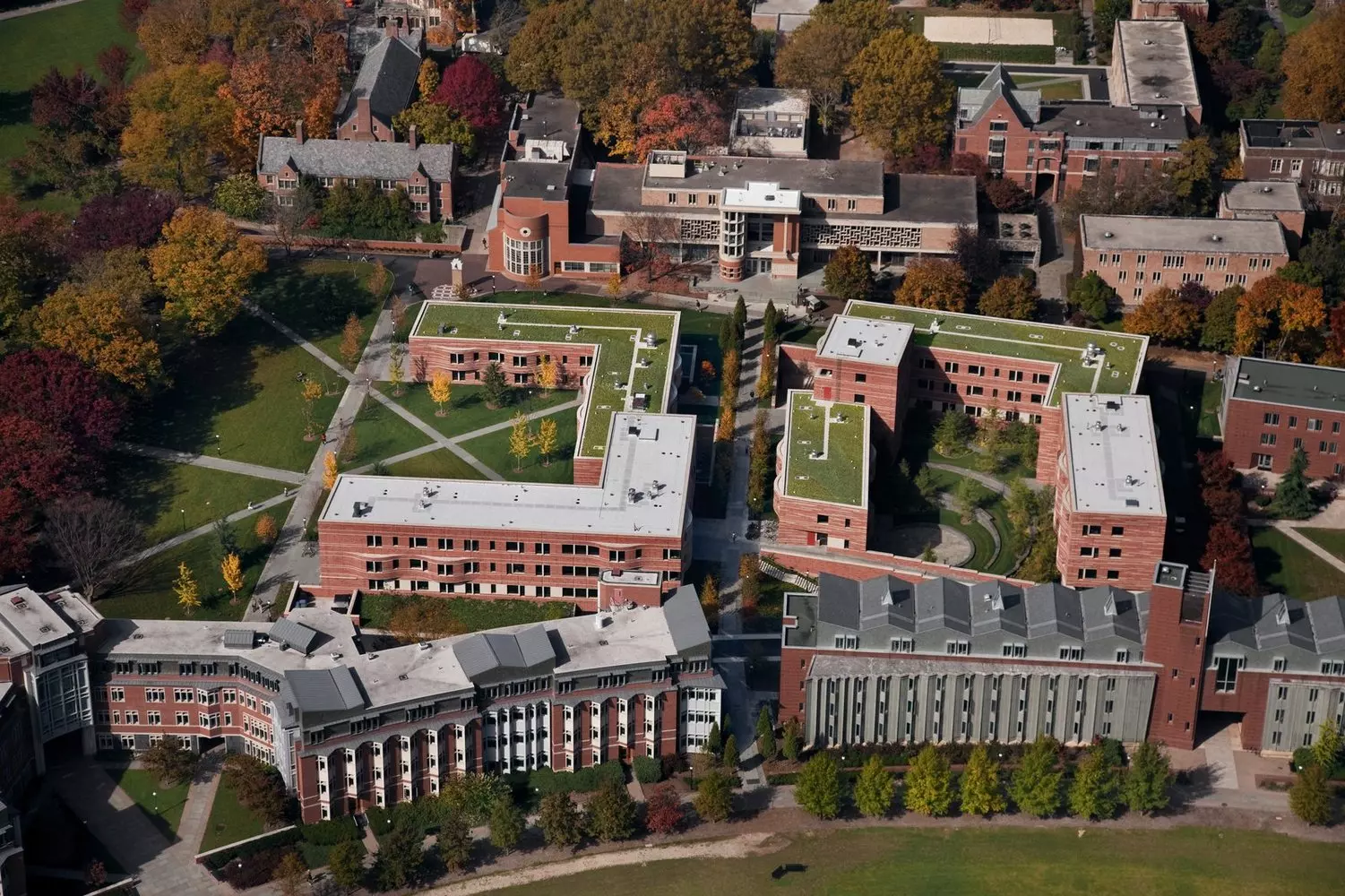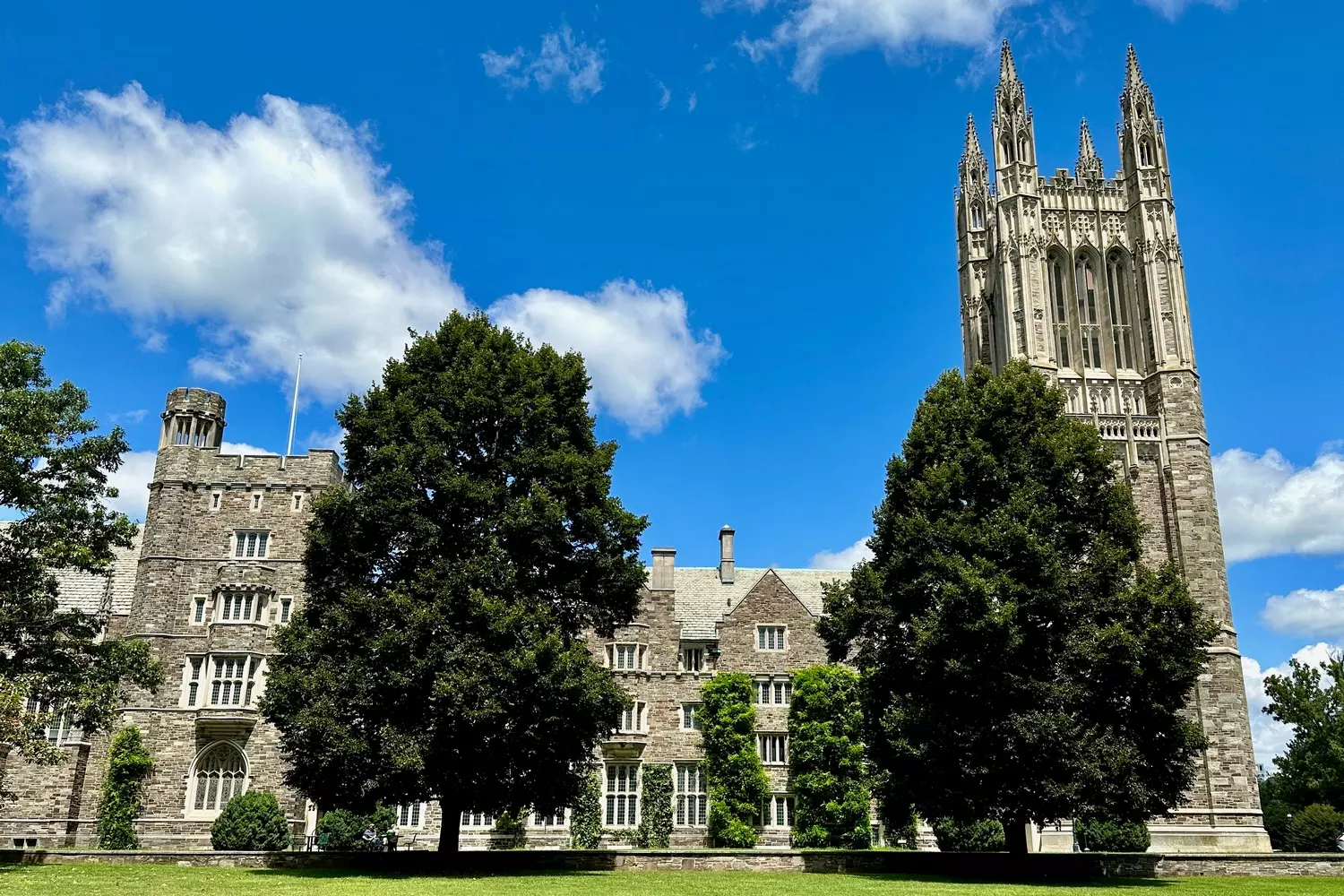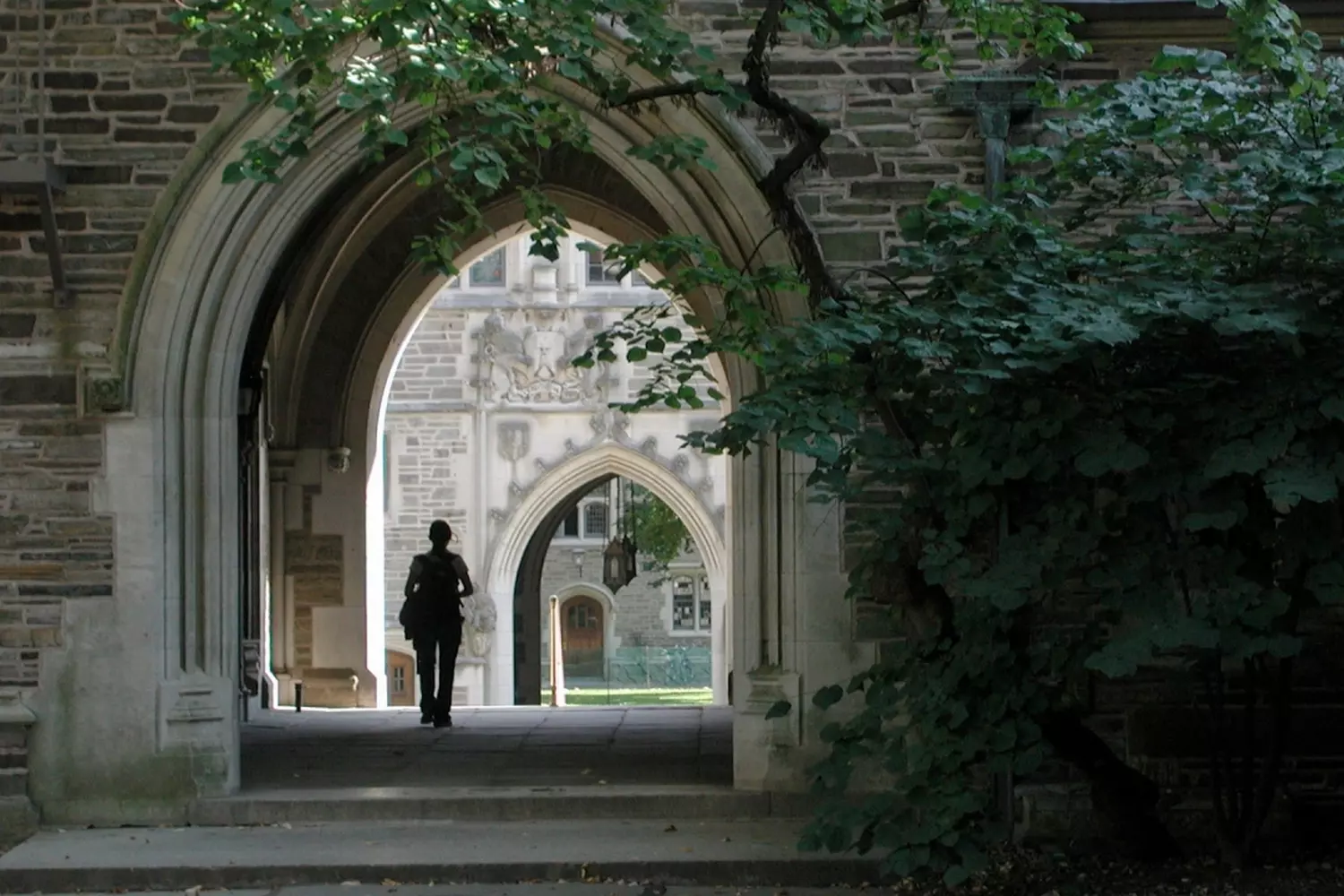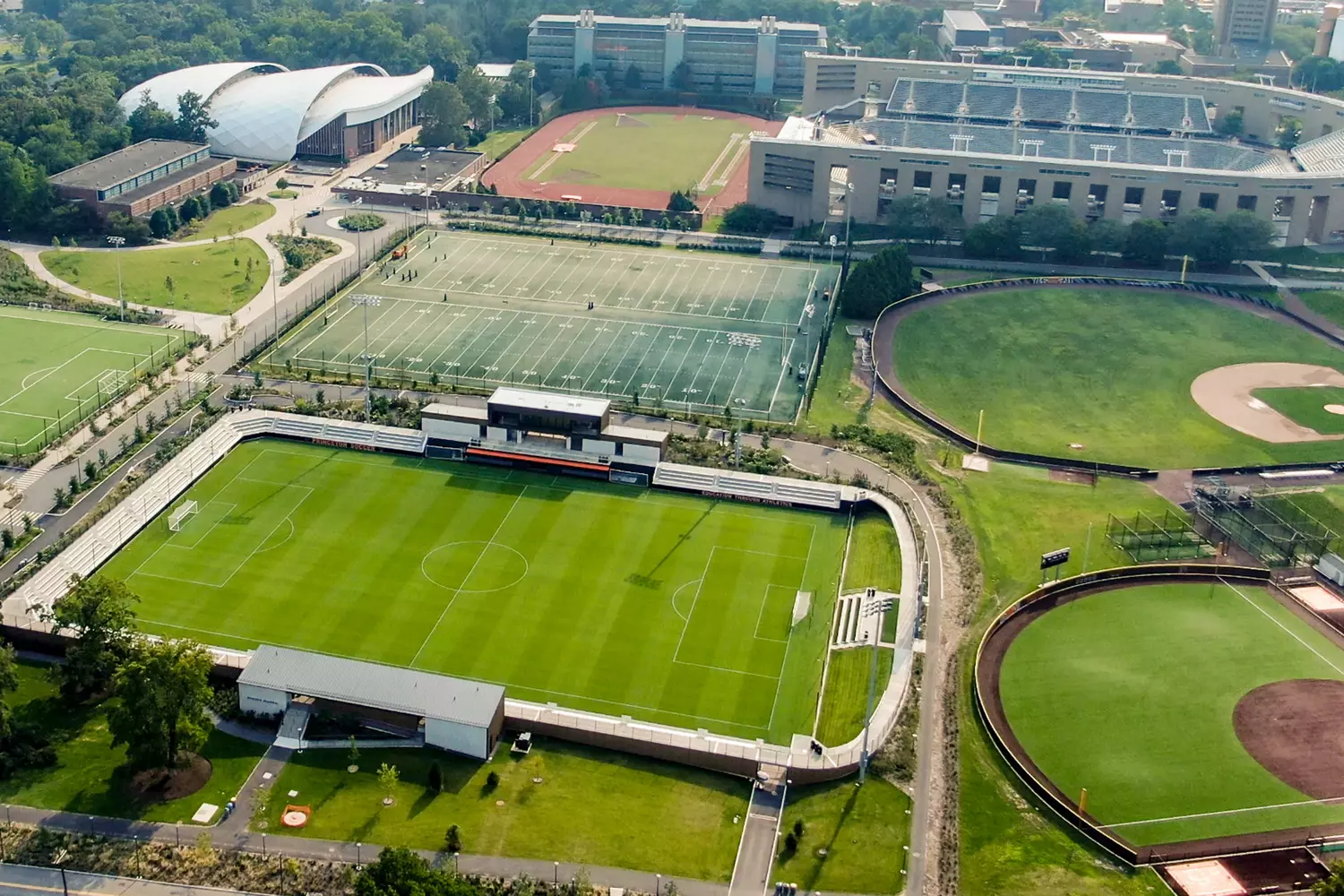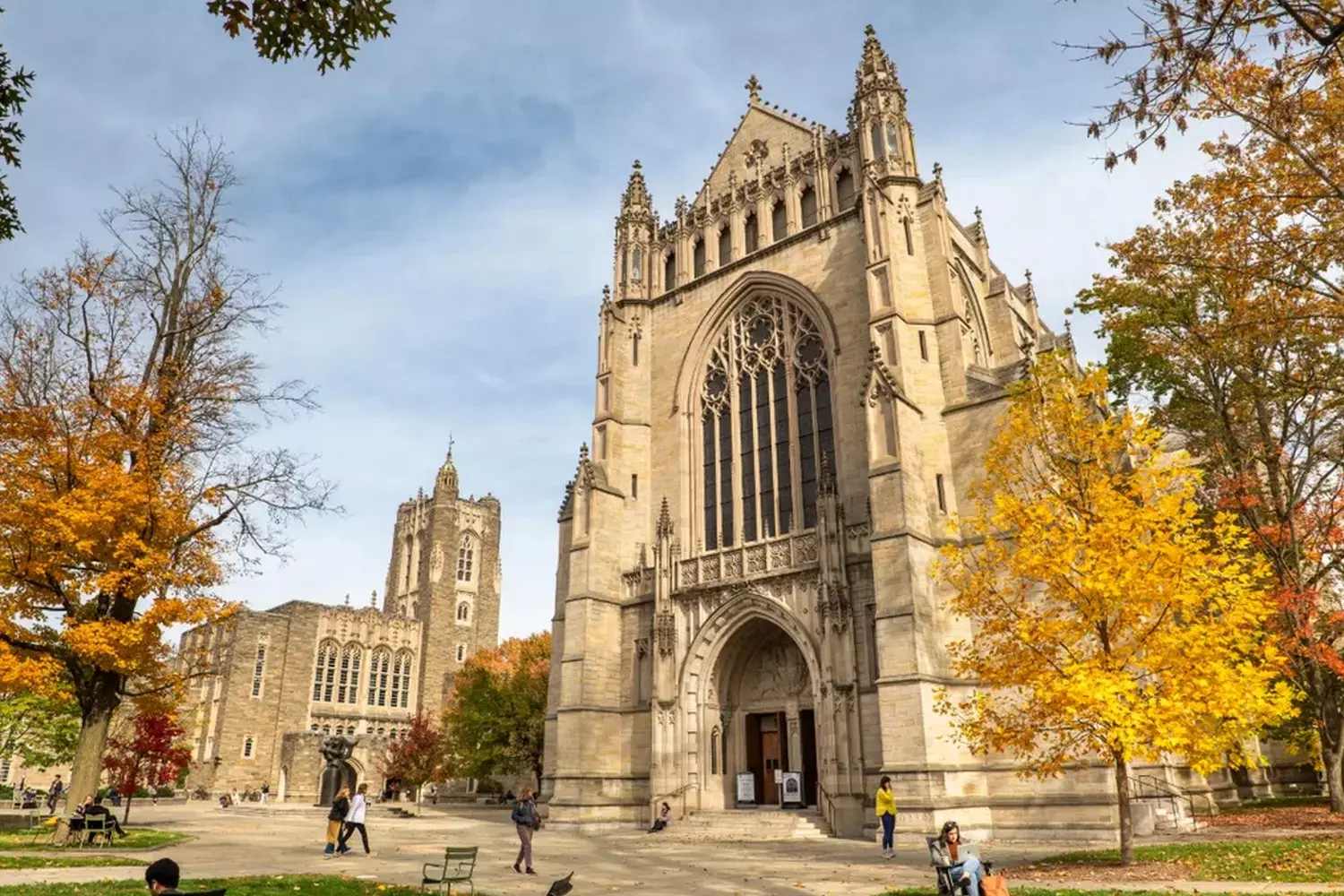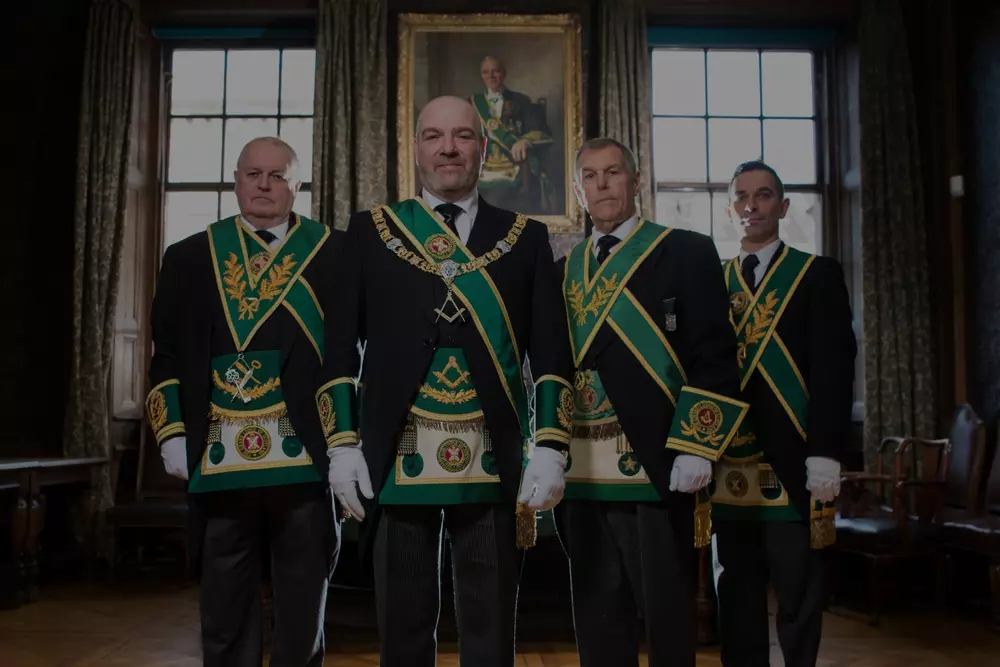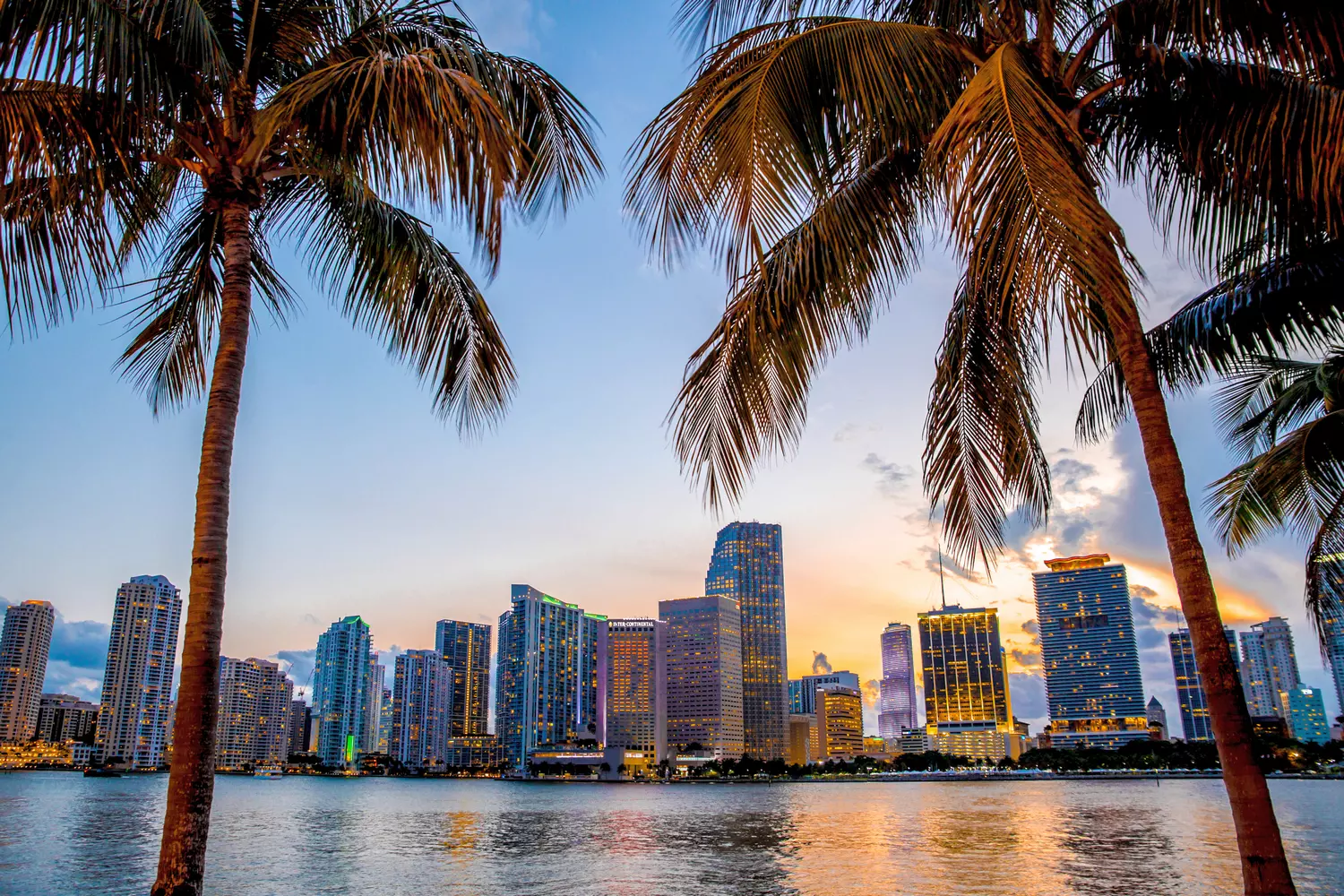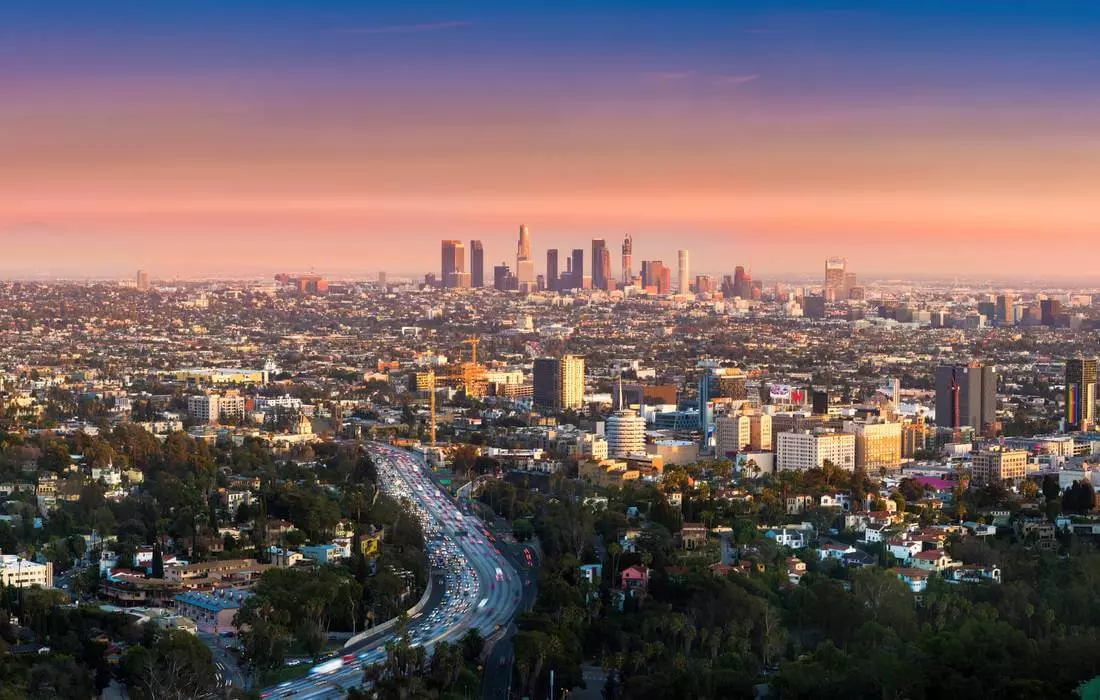Studying at Princeton University
Princeton: a pinnacle of American education. Liberal Arts foundation, top academic programs, and alumni that include leading scholars and U.S. presidents. We provide consulting, full admission support, and travel arrangements.
- Institution type:Universities
- Language:English

Studying at Princeton University
There are prestigious universities. There are strong universities. And then there is Princeton — a place whispered about, like a private club for those who see further than others. It is called America’s intellectual laboratory, a forge of political elites, and an academic space where thinking is not just a skill, but a way of life.
If Harvard and Yale are big names, Princeton is an attitude of the mind. Here, depth of understanding matters more than the quantity of knowledge. Every applicant who steps onto this campus enters a world where questions are more important than answers, and debates and discussions are the language of thought. It’s no coincidence that the campus, with its reddish-brick buildings, green walkways, and majestic libraries, is considered an oasis of intellectual freedom, offering students room for experimentation, research, and discovery.
Many parents dream of seeing their children on this campus, imagining them walking between faculty buildings, discussing philosophy on benches by the pond, or spending evenings in the library, immersed in ancient volumes carefully preserved here for decades. Thousands of applicants worldwide prepare for this moment for years, refining their knowledge, participating in competitions, projects, and debates, just to one day say the simple phrase that can change their fate: “I got into Princeton.”
Princeton is not just a university; it is a community of ambitious and curious people who want to leave a mark in science, culture, politics, and society. Here, each student has the opportunity not just to learn, but to create, research, and bring ideas to life that transform the world around them.
Welcome to a detailed, honest, and lively guide on studying at Princeton University: about admissions, tuition, faculties, academic culture, student life, international students, and the unique opportunities the university offers. Here, you will learn how to navigate this path with intelligence, calm, and confidence, as well as the steps to best prepare for one of the world’s most prestigious educational institutions.
“In my most secret dreams, I see myself not as a successful writer in New York, but as a ghost, eternally wandering the orange and black twilight streets of Princeton.” — F. Scott Fitzgerald, Class of 1917 (author of *The Great Gatsby*)
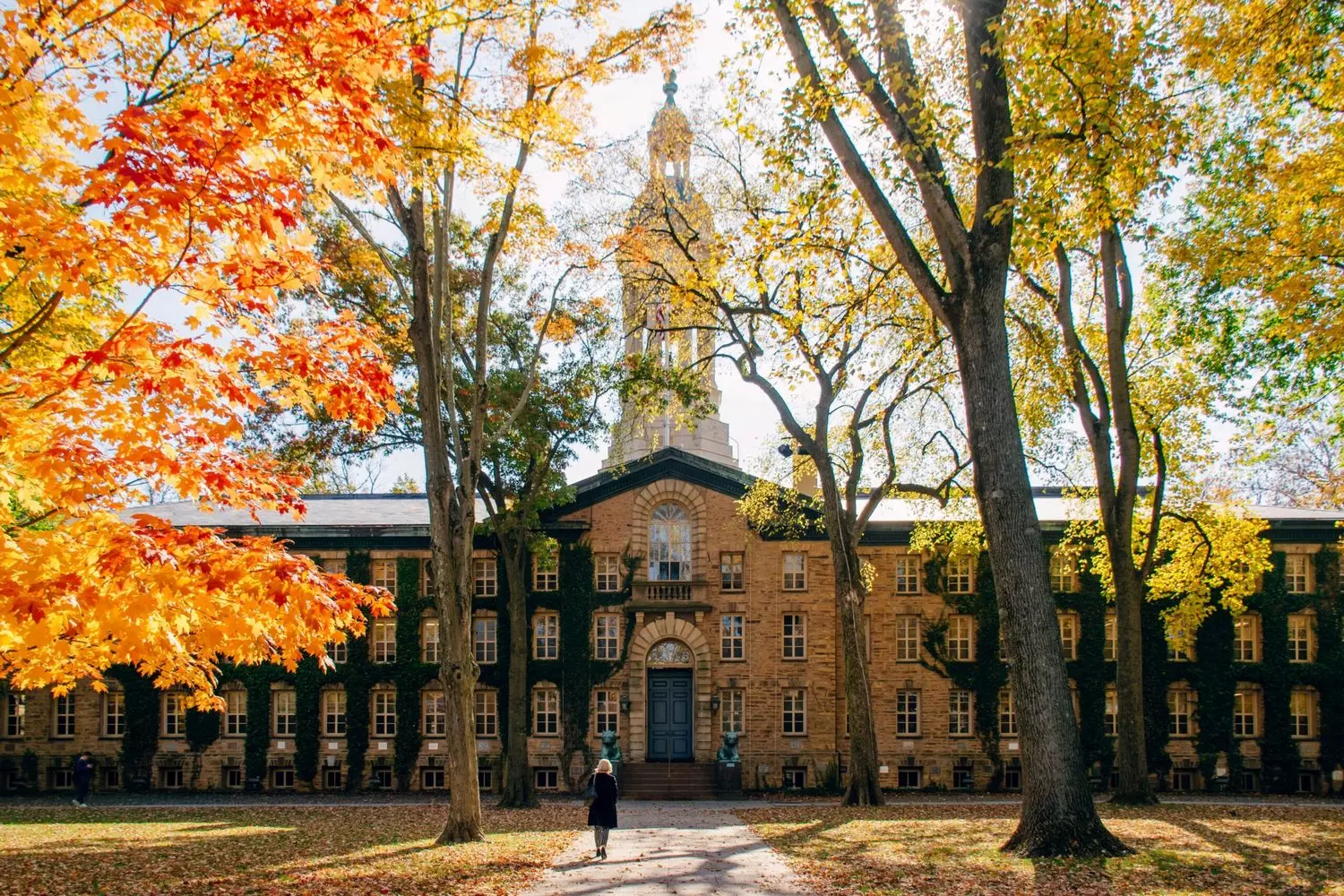
“We do not grow for ourselves, but for the light — a light that shines all the brighter the more it is nourished by many minds.” — from a speech by President James McCosh (19th century), a quote engraved on one of the campus buildings.
Princeton and the Ivy League: a forge of leaders and ideas
Founded in 1746, Princeton University is one of the oldest and most respected universities in the United States. It is part of the famous Ivy League — a union of eight private universities that have historically symbolized academic excellence, intellectual rigor, and the cultural elite of the country. But unlike the stereotype of “elite by birth”, Princeton values hard work, talent, curiosity, and ideas. Here, every student must prove their worth through effort, initiative, and unconventional thinking.
- 01. A history that shapes traditions
Since its founding, Princeton has developed as a center of intellectual freedom and critical thinking. The university’s earliest graduates didn’t just receive diplomas — they became active participants in scientific and political processes. In the 19th and 20th centuries, the campus became a birthplace for ideas that shaped the country’s development: from politics to economics, from philosophy to science. - 02. Princeton today: academic power and prestige
Over three centuries, Princeton has become an intellectual magnet attracting the best students and scholars from around the world. Among its achievements:
- World-class scientific research
Political science, international relations, the humanities, natural and exact sciences — the university has created dozens of research centers where breakthrough ideas and innovations emerge. - Nobel laureates and outstanding professors
Dozens of Princeton faculty members have received the Nobel Prize, and many of them continue to mentor students. - A presidential school for leaders
Two U.S. Presidents — including Woodrow Wilson — studied here, and many alumni hold key positions in government, business, and science. - Developing creative and analytical skills
Princeton prepares not just specialists, but people capable of generating ideas that change the world.
- 03. Education as challenge and development
The Princeton educational system is known for its unique approach: memorizing material is not the norm here. Students are pushed to think, debate, and defend their arguments. Every lecture, seminar, or project is a small challenge where students learn how to:
- Analyze facts and build logical chains;
- Defend a position with strong arguments;
- Value questions more than answers;
- Work with uncertainty and the unknown.
At Princeton, they say: “If you’re not debating, you’re not learning.” Each student here is not just part of the educational process — they become part of a culture of intellectual honesty and responsibility, where abilities are measured not by diplomas or awards but by real work and results.
- 04. An atmosphere that inspires
The Princeton campus is more than academic buildings. It is a living space of ideas, where libraries become places for debate, historic classrooms turn into laboratories of thought, and student clubs and discussions serve as platforms for building leadership skills. A walk by the ponds, brick pathways, and green lawns becomes a daily exercise for the mind: here, it’s impossible to remain passive — this is where initiatives, ideas, and projects are born that influence not only the university but the world beyond it.
Famous Princeton Alumni: the people who shape history and change the world
Princeton is not just a university. It is a forge where leaders, thinkers, and creators emerge — individuals whose ideas and actions have shaped the course of history, science, and culture. Here study the people who become presidents, Nobel Prize winners, distinguished writers, actors, and entrepreneurs of global influence. Let’s explore some of the brightest Princeton graduates to understand how the university shapes personality and scale of thinking.
- 01. Woodrow Wilson — President of the United States
Woodrow Wilson graduated from Princeton in the late 19th century and became the 28th U.S. President. He is known as a reformer and the architect of the League of Nations. Even as a student, Wilson showed deep interest in political philosophy and international relations, and Princeton gave him the intellectual foundation and critical thinking that later shaped his global leadership. His story shows that a Princeton education is not just about learning facts — it builds strategic and systemic thinkers. - 02. F. Scott Fitzgerald — the writer who created an era
F. Scott Fitzgerald, author of “The Great Gatsby”, was also a Princeton graduate. His student years inspired many of his literary images and deep psychological and social themes. Princeton’s libraries and intellectual atmosphere gave him the space to reflect on the world that later came alive in his novels. Fitzgerald’s legacy continues to be studied and inspires students to create, write, and explore. - 03. Brooke Shields — actress and public figure
Brooke Shields, a famous actress and model, chose Princeton for a reason. The university broadened her education and sharpened her critical thinking, making her career multidimensional: her acting talent is complemented by a deep understanding of sociocultural processes. Her story shows that Princeton values not only academic achievement but also the diverse talents of its students, helping them grow in different directions. - 04. Richard Feynman — physicist, Nobel laureate
Richard Feynman, one of the greatest physicists of the 20th century, received essential knowledge and support for his early research at Princeton. The university’s atmosphere encouraged experimentation, curiosity, and bold thinking. Feynman didn’t just study physics — he reimagined its methods, created new approaches to quantum mechanics, and became a symbol of how Princeton shapes next-generation thinkers. - 05. Jeff Bezos — founder of Amazon
Jeff Bezos, known worldwide as the founder of Amazon, studied electrical engineering and computer science at Princeton. This academic foundation gave him a systematic understanding of technology and engineering processes, which later helped him build a global company that transformed e-commerce. His story shows that Princeton is a launchpad for ambition and world-changing ideas.
And this is only a small part of Princeton’s distinguished alumni. Each one is an example of how the university shapes thinking, ambition, and the ability to influence the world. Among the graduates are politicians, scientists, artists, entrepreneurs, writers, and public figures. Regardless of the field, they share one thing in common: Princeton’s mindset and environment, which teach students to think globally, critically, and creatively.
“Harvard for knowledge, Yale for friendships, and Princeton — for gentlemen.” An old saying that hints at the university’s distinctive, historically aristocratic spirit and culture.
Princeton is not just stone buildings and historic traditions. It is people who make the world brighter, smarter, and more interesting.
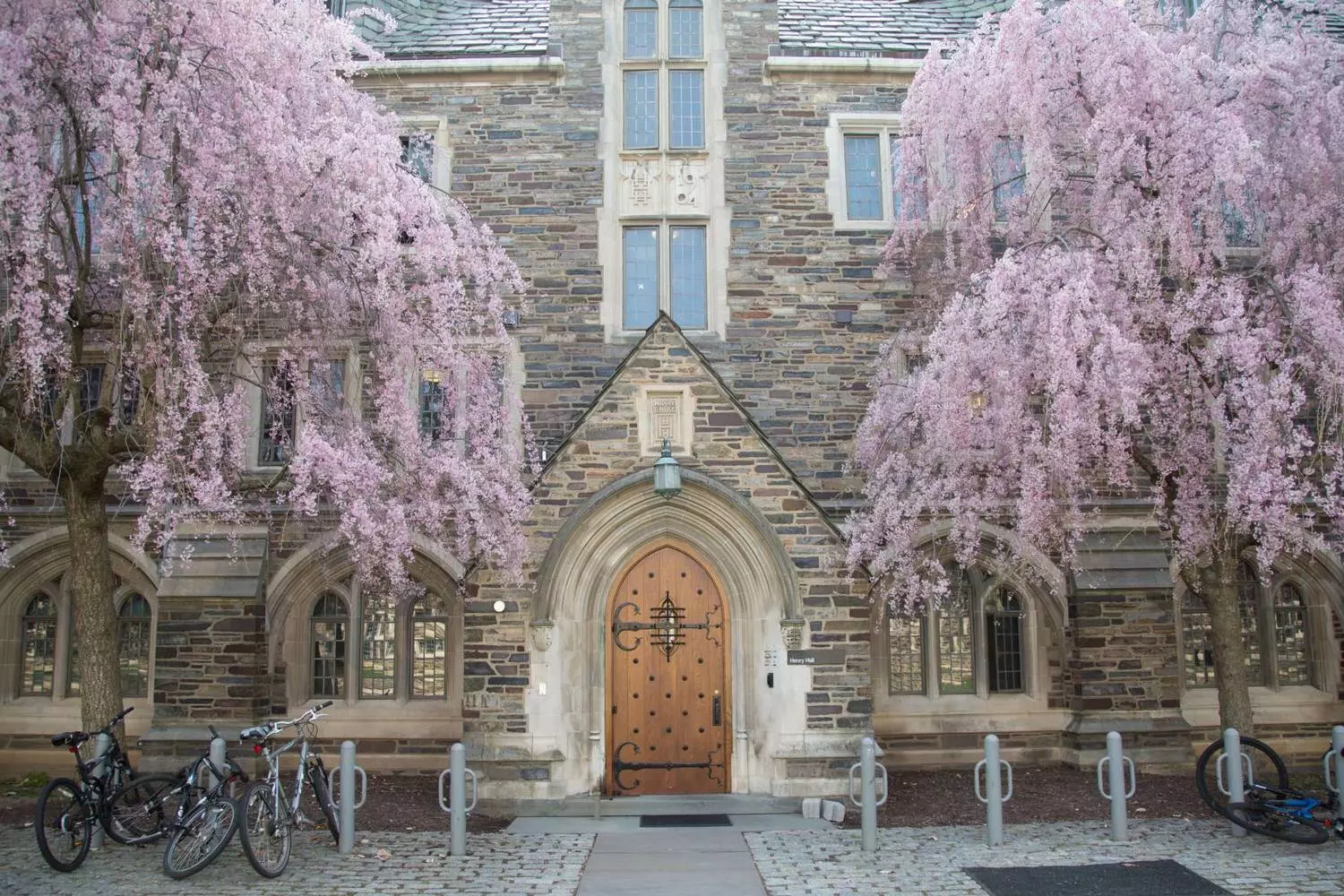
A century-long history of Princeton: from a small college to a global academic elite
The history of Princeton University is not just a chronicle of an educational institution — it is a story of ideas, revolutions in thought, and transformations that shaped the intellectual elite of the United States and the world. Founded in 1746 as the College of New Jersey, Princeton began with a simple yet ambitious goal: to provide high-quality education to future leaders of the colony.
- 01. Early Years: A School for Future Leaders
In its first decades, the college was a small academic institution with a limited number of students and faculty. Its primary goal was to prepare clergy and public officials who would govern the colonies with a strong understanding of moral and philosophical principles. But even then, the college began forming a tradition of critical thinking, debates on ethics, politics, and philosophy — a tradition that would later become Princeton’s hallmark. - 02. 18th–19th Centuries: Growth and Prestige
Throughout the 19th century, Princeton experienced significant expansion. The number of departments grew, and new disciplines emerged — philosophy, literature, and natural sciences. Students began participating in debates and forming their own clubs, where ideas were tested through rigorous but constructive argument. This period produced Princeton’s first prominent alumni — individuals who later became national leaders, establishing a tradition where Princeton was not just an education, but a pathway to influence.
In 1896, the college was officially renamed Princeton University, reflecting rising academic ambitions and expanding research programs. Laboratories and research centers were built, opening opportunities for students and faculty to work on projects of global significance. - 03. 20th Century: Innovation, Research, and Global Recognition
The 20th century became Princeton’s golden era. Natural sciences, engineering, and international relations developed rapidly. The university attracted leading scholars and thinkers, including dozens of future Nobel laureates. Princeton grew into not only an academic center but an intellectual laboratory for the entire nation.
Special emphasis was placed on Liberal Arts: students were expected to receive a broad education that combined humanities and natural sciences. This approach allowed graduates to think broadly, critically, and creatively — qualities that made them leaders in any field. - 04. Campus and Traditions: History That Lives On
Today’s Princeton campus is the result of centuries of evolution. Red-brick buildings, majestic libraries, green courtyards, and historic halls — all of this is more than architecture. Every building and every walkway is infused with the history of students, debates, and scientific breakthroughs.
Firestone Library, opened in 1948, became one of the world’s largest university libraries, home to rare manuscripts, ancient maps, and early printed books.
Princeton is also known for its traditions: outdoor gatherings, debates, academic prefects, student journals, and clubs — all contributing to a unique atmosphere where students not only study but live immersed in ideas. - 05. 21st Century: Princeton Today
Today, Princeton is a globally recognized university welcoming students from all around the world. It blends centuries-old traditions with cutting-edge research, while its graduates continue to shape politics, science, culture, and business. The university remains a forge for leaders, thinkers, and innovators — firmly holding its place among the top educational institutions worldwide.
Interesting historical fact: During the American Revolution, Princeton was temporarily used as a hospital and headquarters for allied forces. Students and faculty actively participated in debates about the country’s future, and the university witnessed the birth of many national ideas.
Princeton is more than a university. It is a history of ideas, a space of intellectual freedom, and a laboratory where leaders who shape the world are formed.
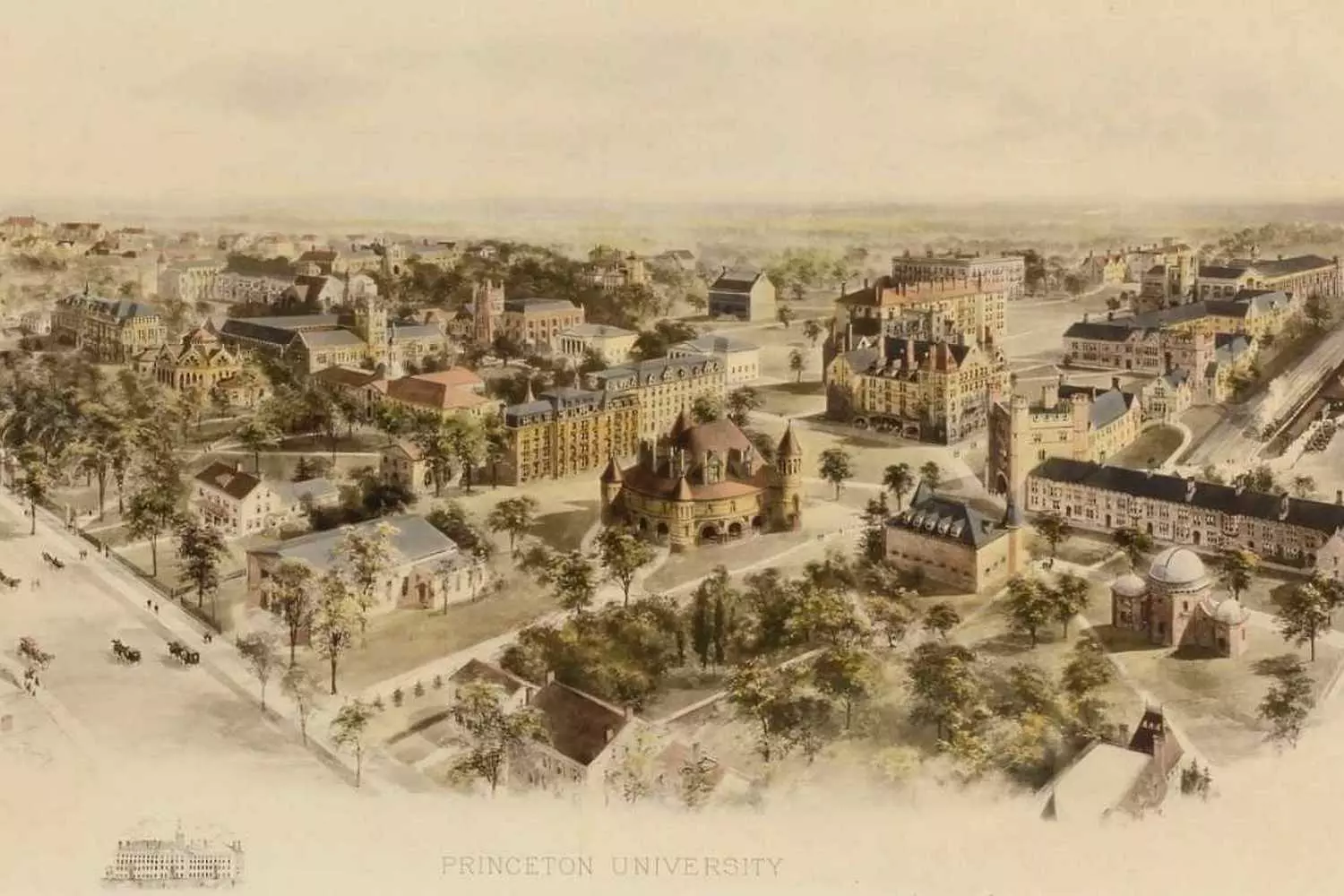
Liberal Arts at Princeton: an education that shapes both mind and character
In a world where information is accessible to everyone, the most valuable skill is the ability to think. And this is exactly what Liberal Arts teaches — the educational philosophy at the heart of Princeton’s academic model. Unlike many universities where students dive into a narrow specialization from the very first year and get stuck on technical skills, Princeton develops flexible thinking, critical perception of the world, and the ability to see connections between the most diverse disciplines.
- 01. What Liberal Arts Is and Why It Matters
Liberal Arts is not just a set of courses. It is a full educational system designed to develop:
- Broad intellectual perspective
Students explore not only their major but also related fields. An economist studies philosophy and ethics, a biologist learns the history of science, and a computer science student explores social and cultural studies. - Analytical and critical thinking
The learning process is structured so that students can evaluate information, see cause-and-effect relationships, and draw their own conclusions rather than simply memorize facts. - Independent judgment
Here, no one dictates ready-made answers. In every course, seminar, and research project, students learn that asking questions is often more important than finding answers.
The Princeton philosophy of Liberal Arts prepares graduates for the professions of the future — where skills can quickly become outdated, while the ability to think and adapt remains a key competitive advantage.
- 02. How It Works in Practice
Liberal Arts at Princeton turns education into a continuous intellectual experiment. Examples from student life:
- A future economist works with philosophical concepts to understand the ethical aspects of financial decisions.
- A computer science student studies the history of ideas to better understand the social context of technology.
- A biology student explores the ethics of science to evaluate the consequences of experiments.
- A future diplomat studies statistics and data science to make decisions based on precise analytics.
As a result, students do not just receive knowledge — they learn to connect disciplines, see the world as a whole, and form their own opinions based on facts, logic, and values.
- 03. The Princeton Approach to Learning
The university often repeats: “We don’t teach what to think — we teach how to think.”
And this truly reflects the essence of its educational culture. Here, there are no standard templates for thinking. Every course, every project, every seminar is an opportunity to develop independence, flexibility, and intellectual courage.
Thanks to Liberal Arts, Princeton graduates become not just professionals but thinkers of a new level. They can analyze complex situations, see unconventional solutions, work in interdisciplinary teams, and create ideas that transform industries — and sometimes even entire countries. In a world where professions appear and disappear with astonishing speed, the ability to think is a real superpower.
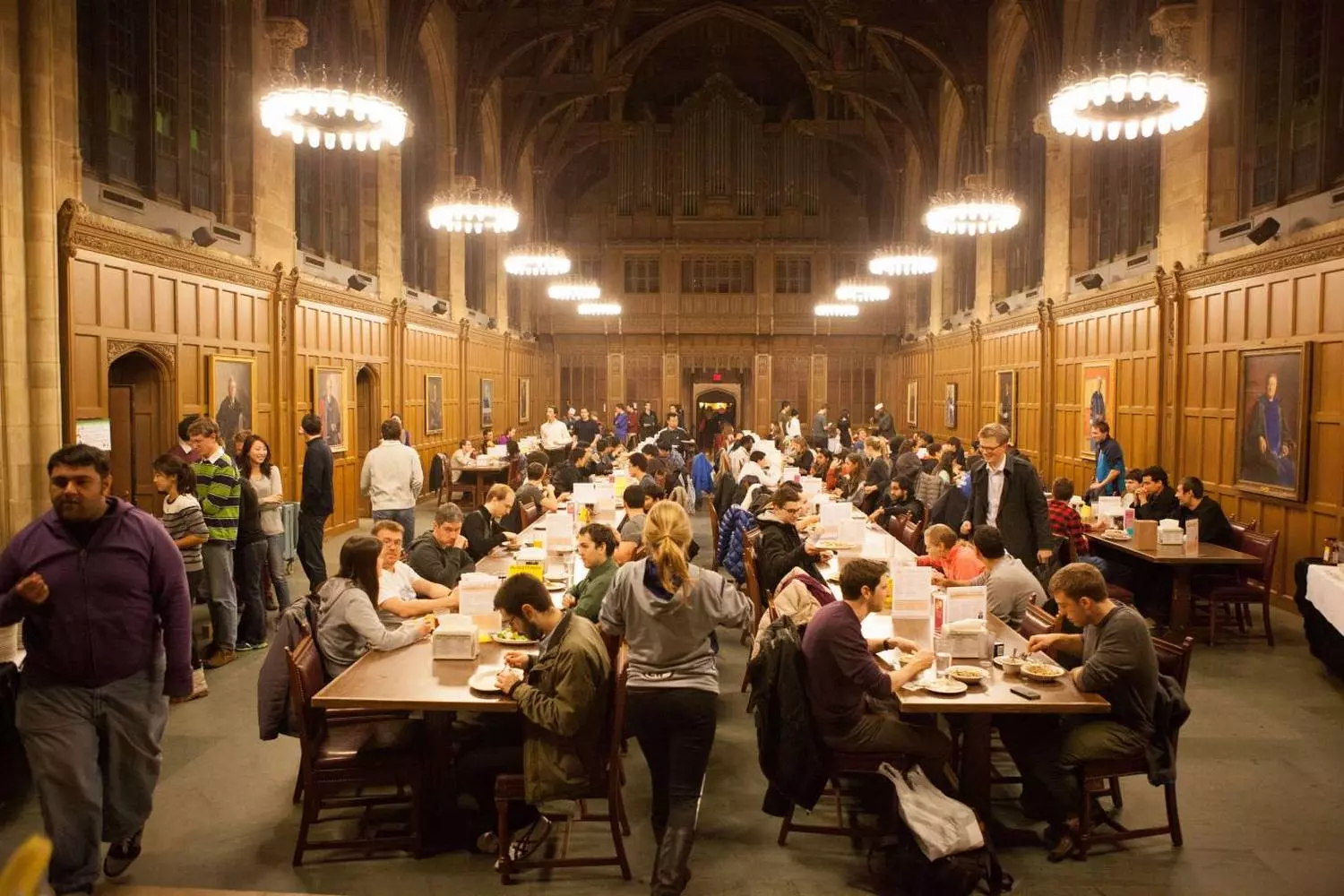
Academic Programs at Princeton: where every student grows and thinks on a grand scale
Princeton University is not just a place where knowledge is taught. It is a space where thinkers, researchers, and leaders are shaped — where every student gains a unique opportunity to grow in their chosen field while expanding their horizons through interdisciplinary education. The university is smaller than most Ivy League schools, and this creates an intimate academic environment where professors know students by name and learning becomes deeply personalized and engaging.
Princeton offers bachelor’s, master’s, and PhD programs across all major fields of science, technology, arts, and social disciplines.
- 01. Humanities
The Humanities division is where students explore culture, philosophy, and the history of human thought. Here they study literature, philology, philosophy, history, religious studies, and linguistics.
- Why it matters: students learn to analyze texts, ideas, and historical events, developing critical thinking and strong argumentative skills.
- Practice: small-group seminars allow each participant to engage in discussions, defend their ideas, and work with primary sources.
- 02. Social Sciences
Economics, political science, international relations, sociology, psychology, and public policy form the core of Princeton’s Social Sciences.
- Students study societal behavior and decision-making mechanisms, explore political and economic systems, and develop skills in data analysis and the evaluation of social processes.
- Unique feature: small precept seminars encourage close collaboration with professors while analyzing real cases and research.
- 03. Engineering
The School of Engineering focuses on technological innovation and the practical application of scientific knowledge.
- Main fields: computer science, electrical engineering, mechanical engineering, materials science, applied mathematics.
- Highlight: students engage in hands-on projects, laboratory research, and startup initiatives, creating prototypes and solutions applicable in the real world.
- 04. Natural Sciences
Physics, mathematics, biology, chemistry, and ecology provide students with a strong foundation for high-level research skills.
Princeton’s laboratories and research centers enable students to conduct experiments, work with advanced technologies, and publish results in international journals. - 05. School of Public and International Affairs (SPIA)
SPIA is considered one of the most prestigious public policy schools in the U.S. It trains future diplomats, policymakers, and specialists in international affairs.
Key feature: students study not only theory but also the practice of governance, data analysis, and the development of public programs.
What makes Princeton’s academic divisions unique?
- Small academic groups and precept seminars
Students receive unparalleled attention from faculty, engage in interactive discussions, and develop critical and independent thinking. - Working with leading professors
Many faculty members publish globally recognized research, and students can join these projects directly. - Support for major research projects and the Senior Thesis
The senior thesis becomes a true academic milestone — and often the beginning of a future career in science, public policy, or business.
No one can just “blend in” here. Princeton is an education system where every student is expected to grow, think, and act.
Interesting fact: Princeton’s library holds rare manuscripts of F. Scott Fitzgerald, one of the most celebrated American writers and a Princeton graduate. His life and work are still studied as an emblematic story of the American Dream, and his original manuscripts offer a glimpse into the early 20th century and show how great ideas are born.
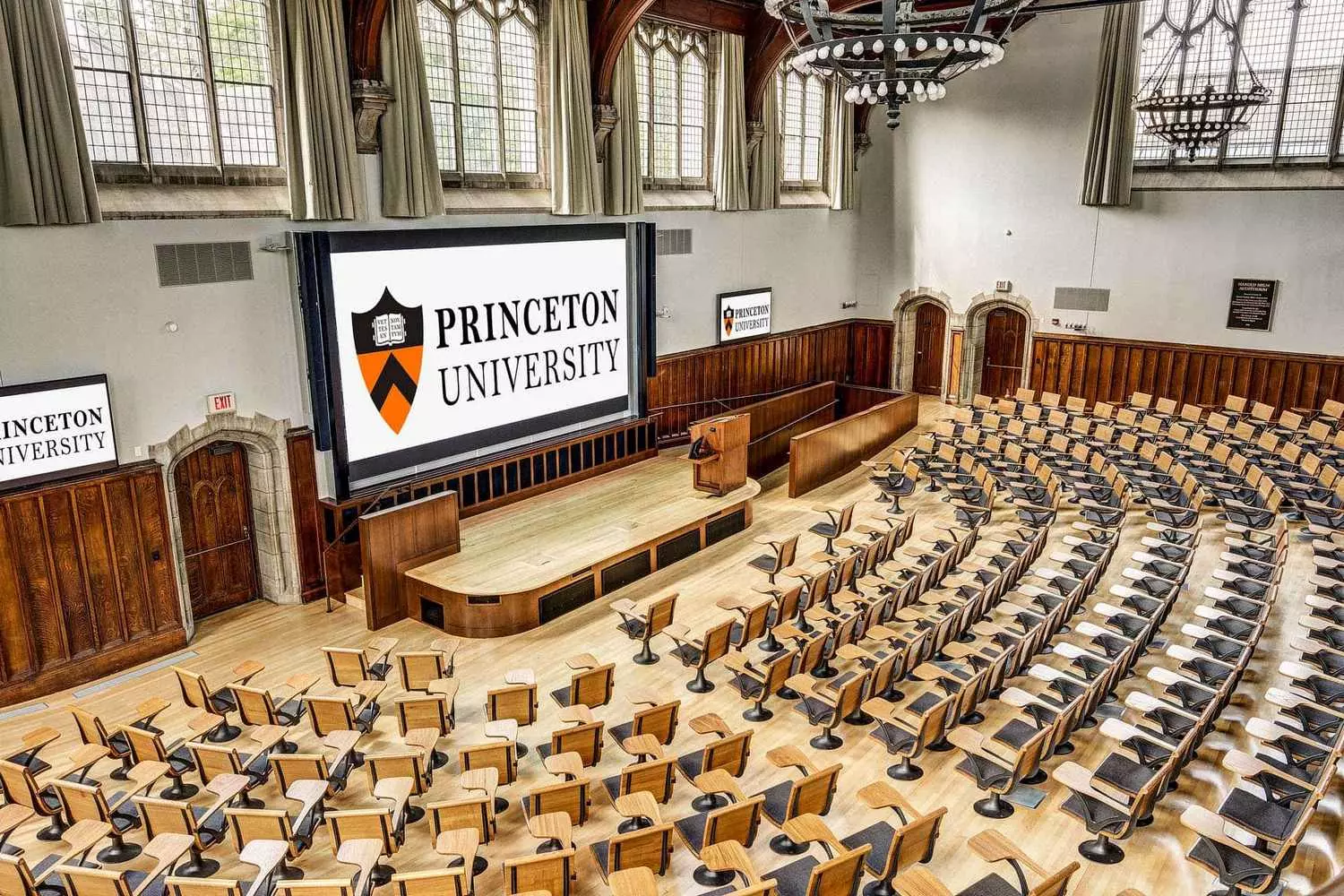
Science and Research at Princeton: a laboratory of world-class ideas
Princeton University is not just about classes and lectures. It is a center of scientific discoveries, experimentation, and innovation, where students, graduate researchers, and faculty members create ideas every day that reshape our understanding of the world. The university takes pride in forming world-class scientists who do not simply study theory, but test it in practice, develop new methodologies, models, and even technologies of the future.
- 01. Academic Structure of Research
At Princeton, scientific work is built around the principle of small groups and close interaction with mentors. Regardless of the field — from physics to political science — students are involved in research from the very first days. The university supports projects of any scale:
- Laboratory Research
Students in natural sciences and engineering work with modern equipment, conduct experiments, and publish their results. - Interdisciplinary Projects
Psychology blends with neuroscience, ecology with economics, mathematics with biology. Such integration helps generate unconventional solutions to complex problems. - Senior Thesis
The senior thesis is the culmination of a student’s academic journey. Under the guidance of a professor, the student develops an original research project that often becomes a publication in an academic journal or the foundation of a future career.
- 02. Research Centers and Laboratories
Princeton has a powerful infrastructure dedicated to scientific work:
- Plasma Physics Lab
One of the leading centers for the study of plasma and nuclear fusion. - Princeton Neuroscience Institute
Researchers here study the workings of the brain, neural networks, and cognitive processes. - High Energy Physics Group
Princeton scientists participate in global experiments, including collider projects and cosmic observations. - Princeton Environmental Institute
Students explore ecological processes, climate change, and develop sustainable solutions for the planet.
- 03. The Role of Students in Research
At Princeton, students are not passive listeners. Everyone has the opportunity to become a co-author of research and publish their results in international academic journals. Initiative, bold thinking, and an unconventional approach are highly valued here. Even a first-year student can propose a project that will be implemented in a laboratory if they demonstrate solid logic and methodological precision. - 04. Notable Scientific Achievements
Princeton boasts an impressive list of renowned scientists and breakthroughs:
- Richard Feynman, Nobel laureate, taught here and conducted research in quantum electrodynamics.
- John von Neumann, one of the founders of modern computational mathematics and computer science, worked at Princeton and developed the computer architecture that is still used today.
- Numerous projects in physics, chemistry, biology, and engineering, whose results have become the foundation of major scientific discoveries worldwide.
Science at Princeton is a daily exchange of ideas. In libraries and laboratories, students discuss hypotheses, test them in practice, debate, and learn to defend their arguments with data. This unique combination of theory and practice prepares Princeton graduates for the most complex challenges of the modern world.
Fun fact: Princeton is one of the few U.S. universities where a student can join a research project as early as the first year. Many of these projects are later published in leading scientific journals and sometimes turn into startups or innovative solutions that transform entire industries.
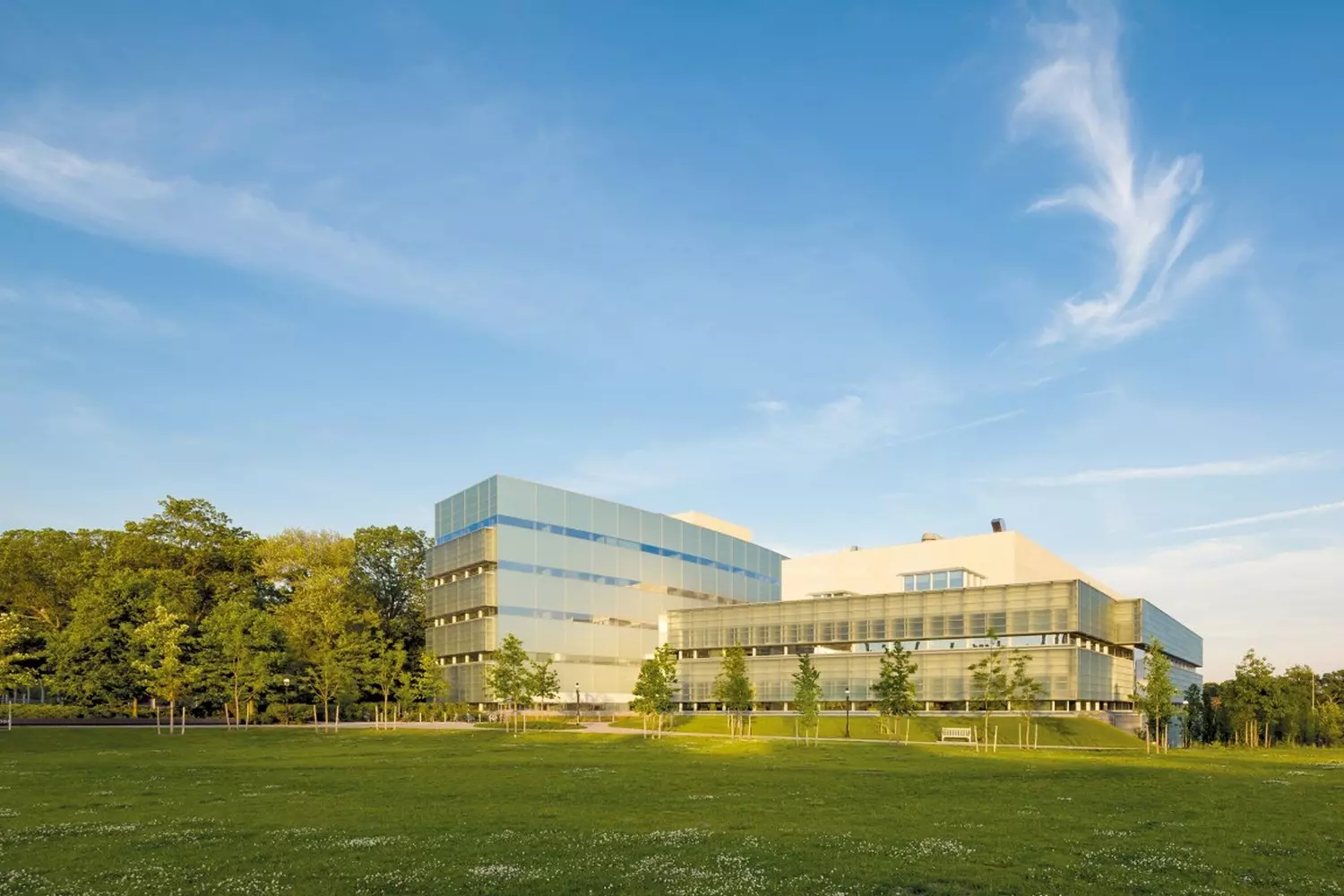
How to Get into Princeton: Steps, Secrets, and Competition
Admission to Princeton University is not a sprint but a true marathon for ambitious and well-prepared students. With an acceptance rate below 6%, the university doesn’t reject “weaker” applicants — it selects those who demonstrate the highest level of preparation, determination, and depth of thinking. To succeed on this path, it is crucial to understand each stage and prepare well in advance.
Princeton uses the classic Common Application system, but with several additional requirements that reflect the university’s philosophy:
- 01. Common App — Online Application
The main platform for submitting materials to most U.S. universities. Here applicants enter personal information, achievements, work experience, and extracurricular activities. - 02. School Transcripts and Grades
Princeton evaluates academic performance across all school years. Not only GPA matters, but also the rigor of coursework (Advanced Placement, Honors, IB). - 03. Essays (Personal Statement + Princeton Writing Supplements)
This is your chance to present yourself as an individual — your values, interests, and ambitions. Princeton appreciates depth, sincerity, and critical thinking. You must also complete the Writing Supplements — short essays responding to specific university prompts. - 04. Teacher Recommendations
Teachers should provide insight into your character, academic motivation, and ability to work collaboratively. The more personalized and detailed the recommendations, the better. - 05. Extracurricular Achievements (Activities List, Leadership, Awards)
Princeton seeks students who don’t just study but create, lead, and participate. It is important to present not just a list of activities but a story of personal growth through them. - 06. Interview (Not Always)
An interview may be offered after you submit your application. It helps assess communication skills, motivation, and alignment with Princeton’s values. - 07. SAT/ACT — Required or Not?
In recent years, Princeton has used a test-optional policy, meaning SAT or ACT scores are not always mandatory. However, strong scores can still provide a competitive advantage. Requirements vary by year, so applicants should verify the latest updates.
To increase your chances of admission, consider the following:
- Your personal story matters more than a dry list of achievements — the university wants to see your developmental journey, not just medals and awards.
- Your essay must answer the question “Why Princeton?” — show that you understand what makes the university unique and how you will contribute to the community.
- Extracurricular activity is not a formality — participation in clubs, projects, and volunteer work should demonstrate responsibility, curiosity, and leadership.
- Character and intellectual curiosity are valued more than formal accomplishments — Princeton seeks students who think independently, ask questions, and pursue unconventional solutions.
Princeton requires intellectual maturity and deep motivation. The competition is so strong that even outstanding students may not be admitted if their preparation feels superficial or incomplete. Preparation must begin years in advance — choosing rigorous courses, developing skills, engaging in meaningful projects, and forming personal ideas.
Admission to Princeton is not just a test of knowledge but a test of character, determination, and the ability to think deeply.
Admission for International Students at Princeton: Key Features and Tips
Princeton University attracts talented applicants from around the world. Each year, young people from more than 100 countries come to the campus to receive world-class education and join an intellectual environment where thinking is taught from day one. For international applicants, the admission process has unique features that must be taken into account in advance.
- 01. Competition and Statistics
Competition among international applicants is just as fierce as for U.S. students. Around 12–15% of the incoming class consists of international students, yet their acceptance rate tends to be even lower. Princeton seeks not just high achievers, but students with unique accomplishments, critical thinking, and active engagement in life. - 02. Key Admission Steps for International Students
The process includes all standard stages, but with additional requirements:
- Common Application
Online form where applicants list personal information, achievements, and academic background. - School Transcripts and Grades
All documents must be translated into English and, if needed, officially certified. Princeton evaluates both performance and the rigor of your country’s educational system. - Essays and Princeton Writing Supplements
Your essays must showcase personality, motivation, and understanding of Princeton’s uniqueness. For international students, it is especially important to demonstrate strong English proficiency and clear thinking. - Teacher Recommendations
Recommenders should describe your academic strengths, intellectual curiosity, and personal qualities. Ideally, recommendations highlight initiative, leadership, and contributions to school life. - Extracurricular Achievements
International applicants should emphasize how their experiences outside the classroom shape their personality and prepare them for Princeton.
- 03. Language Exams
If English is not your native language, you must submit TOEFL or IELTS (in some cases, the Duolingo English Test is accepted). These results prove that you can manage academic demands in English. - 04. Interview (If Available)
Interviews are conducted when a Princeton representative is available in your region or online. This is an opportunity to present your personality, interests, and motivation. - 05. Tips for International Applicants
- Plan ahead — preparing for TOEFL, translating documents, writing essays, and collecting recommendations takes time.
- Show your personal story — Princeton looks for applicants with unique paths, interests, and initiatives, not just those who collect high scores and awards.
- Highlight extracurricular involvement — clubs, volunteer work, research, or artistic projects are just as important as academic performance.
- Understand context — the university wants to see how your culture and background shape your perspective.
- Prepare for the interview — the ability to discuss your goals and interests in English can be decisive.
- 06. Princeton’s Support for International Students
After admission, Princeton provides extensive support to international students:
- Academic advisors and mentors help students adjust to the academic system.
- Orientation programs and language support assist with campus integration.
- Student organizations for international students create a community that helps newcomers feel at home far from home.
Fun fact: Princeton hosts an International Students Orientation where new students from around the world share experiences, discuss cultural differences, and receive guidance on academic and campus life. This helps them build friendships and connections from day one.
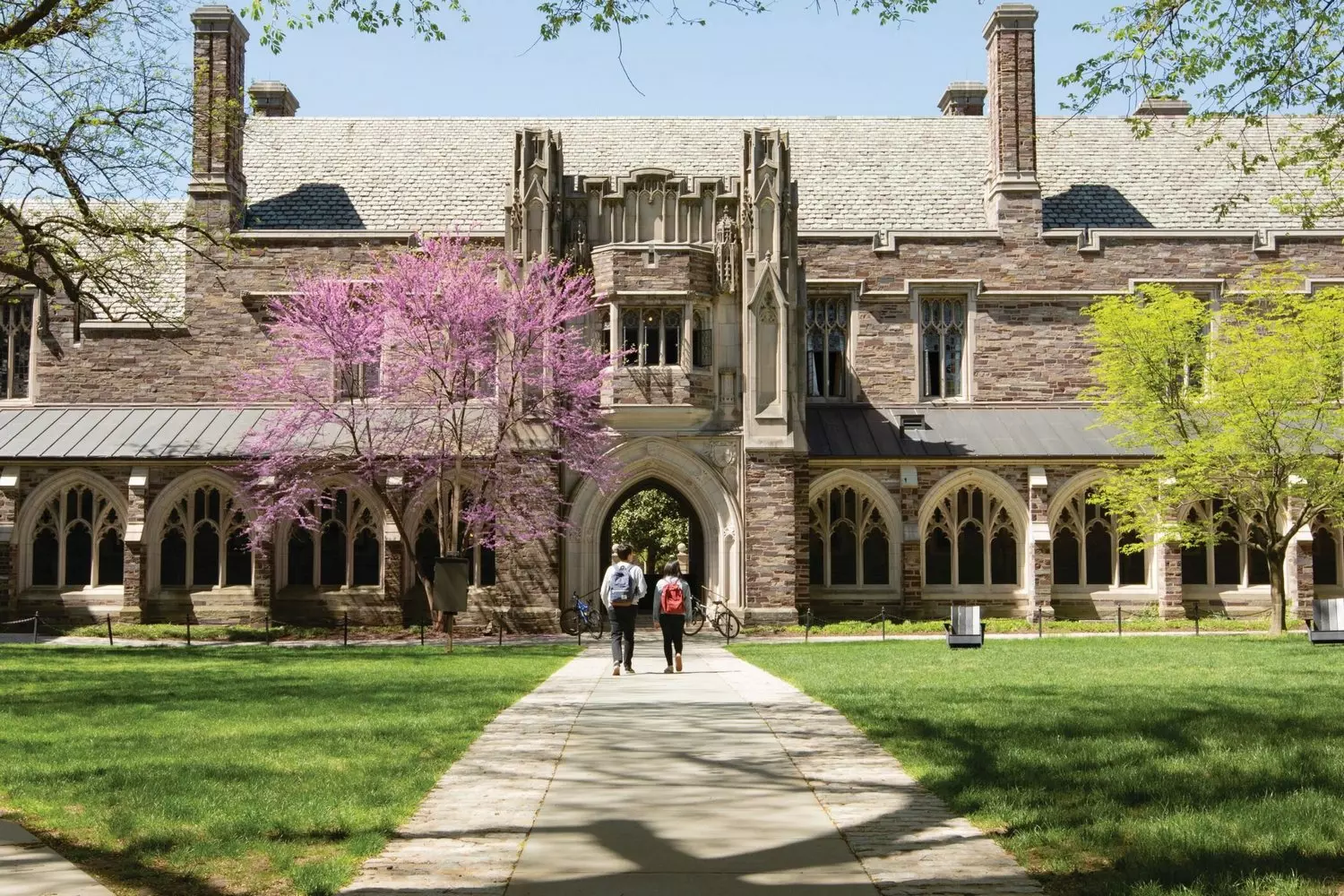
Tuition and Financial Aid at Princeton: Investing in Your Future Without Extra Stress
Studying at Princeton University means prestige, world-class knowledge, and access to unique opportunities. Naturally, such an education is not cheap. The average annual cost of attendance — including tuition, housing, dining, and mandatory fees — ranges from $77,000 to $85,000. At first glance, this may seem unattainable, especially for international students, but the real picture is far more encouraging.
- 01. Financial Aid: One of Princeton’s Greatest Advantages
Princeton is known not only for exceptional academics, but also for having one of the most generous and transparent financial aid systems in the world. Unlike many other universities, aid here is not merit-based or competitive — it is calculated solely according to the family’s financial circumstances.
- Need-based aid
Assistance is provided to students who truly need it. The system evaluates income, savings, and family circumstances to determine a fair expected contribution. - Almost free education for low-income families
If a family’s income is below a certain threshold, a student may study with minimal costs — including housing and meals. - Grants do not need to be repaid
These are not loans, but genuine financial support that allows students to focus on their studies and development rather than future debt. - For international students
Princeton also provides financial aid to international applicants, taking into account family income and individual circumstances. This makes the university accessible to talented students from around the world, regardless of financial background.
- 02. Additional Expenses
Beyond tuition and housing, students should also consider:
- Books and supplies — around $1,000 per year;
- Health insurance — approximately $3,000 per year;
- Personal expenses — about $2,000–$3,000 per year.
Even with these costs, financial aid can significantly reduce the total, making Princeton an achievable option for students from diverse countries and family situations.
For many students, the ability to attend Princeton thanks to financial aid becomes a turning point in life. It opens doors to top professors, research projects, international internships, and a global alumni network that helps shape careers and influence the world. At Princeton, financial aid is more than numbers — it is a tool that makes education accessible, fair, and genuinely life-changing.
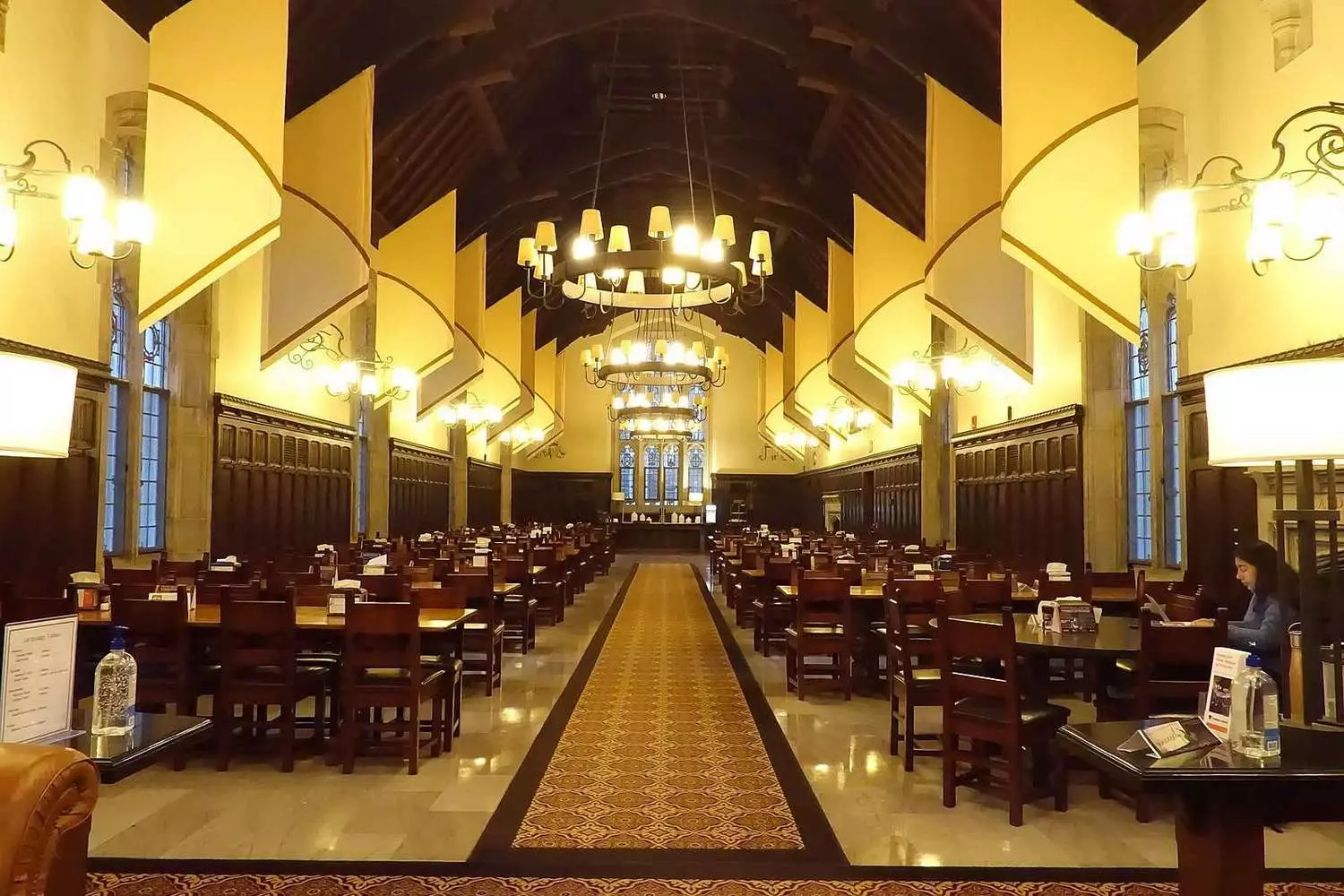
Princeton Campus: An Academic Garden City Where Ideas Are Born
The Princeton University campus is more than just a place for classes. It is a vibrant intellectual environment where every corner, courtyard, and hall contributes to critical thinking, idea exchange, and personal growth. Walking around campus, you feel an atmosphere of intellectual freedom, where debate is not seen as conflict but as a path to discovering the truth.
- 01. Residential Colleges: a small academic universe
The Residential Colleges system transforms student life into a community where academics and daily living are closely intertwined. Each college is a microcosm with faculty mentors, classrooms, libraries, and communal spaces for discussion. Here, students can practice debate skills, attend academic seminars, and develop projects within their own “mini-university.” - 02. Intellectual campus atmosphere
At Princeton, debates, lectures, and research discussions are a daily occurrence. Students and professors actively engage in dialogue, ask questions, and debate philosophy, science, politics, and literature. Even a walk across campus can spark a conversation about the latest scientific discoveries or literary releases. - 03. Firestone Library: a treasure trove of knowledge
The Firestone Library is not just a repository of books — it is the heart of Princeton’s academic life. Millions of volumes, rare manuscripts, and first editions are housed here. Students spend hours conducting research, exploring new horizons of knowledge. The library fosters an environment where everyone can immerse themselves in intellectual inquiry and carry out world-class projects. - 04. Sports and physical activity
Even within its academic environment, Princeton values a balance between mind and body. The Princeton Tigers athletic teams symbolize the school, teaching students discipline, teamwork, and leadership. The campus blends spaces for reflection with areas for active recreation, creating an environment for holistic student development.
The Princeton campus is a place where life and learning are intertwined, and intellectual freedom becomes part of everyday experience.
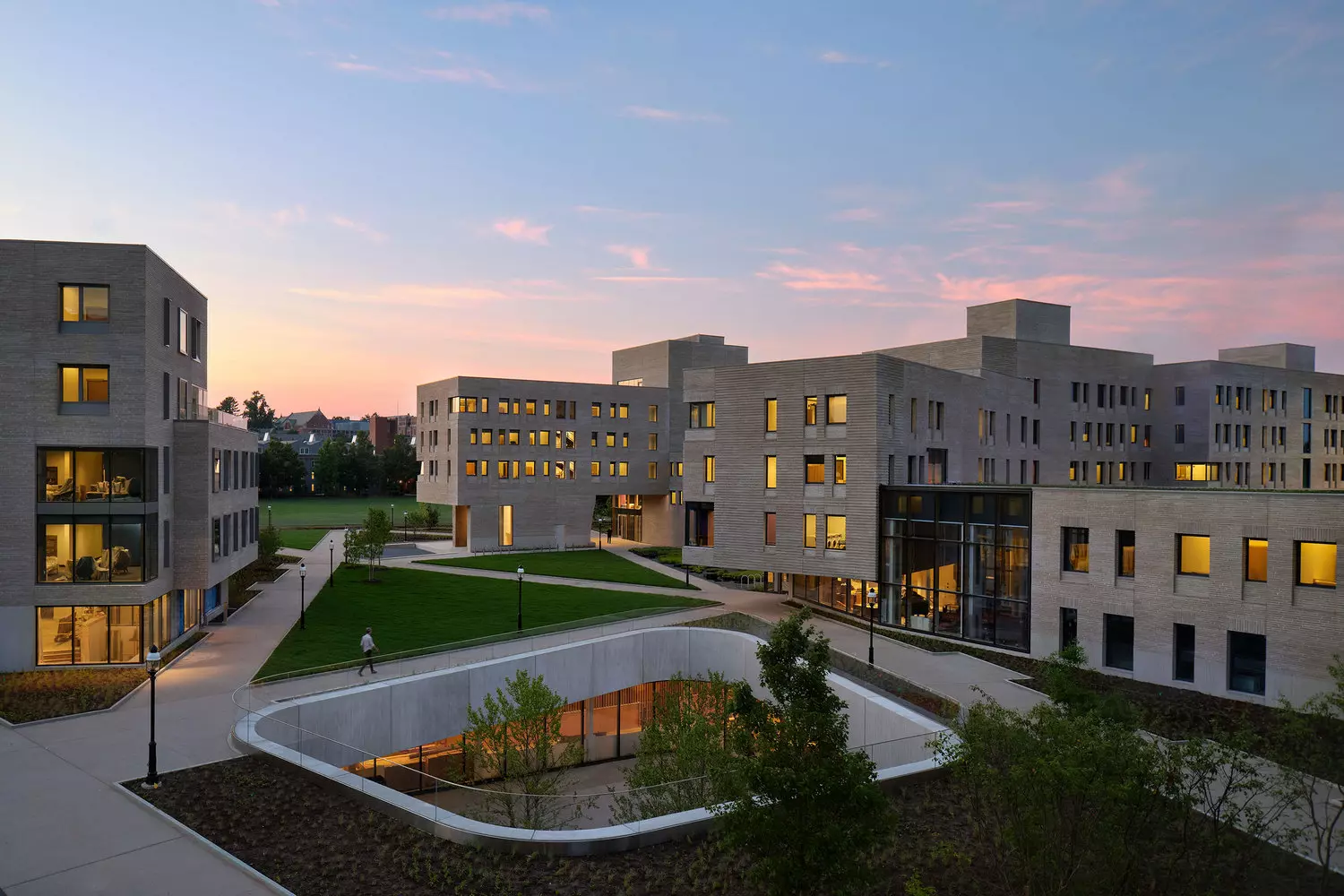
Student Life at Princeton: Clubs, Initiatives, and Opportunities for Personal Growth
Life at Princeton University is not just about lectures and research. The campus thrives with a vibrant and diverse cultural life, where students find their place, develop talents, and build skills that last a lifetime.
- 01. Clubs and student organizations
Princeton offers more than 300 student clubs and organizations covering a wide range of interests:
- Academic and scientific communities
Clubs for physicists, biologists, engineers, and mathematicians, where students discuss the latest discoveries, conduct experiments, and participate in conferences. - Cultural and international clubs
Students from different countries come together to share traditions, languages, and cultures, organizing festivals and themed events. - Arts and creativity
Theater groups, music ensembles, dance troupes, and art clubs allow students to realize their creative potential. - Social initiatives and volunteering
Students engage in community projects, support local communities, organize charity events, and run educational programs. - Professional and career organizations
Student associations help prepare for careers in business, politics, engineering, and science through workshops, internships, and mentoring.
- 02. Leadership and skill development
At Princeton, students actively take initiative and develop leadership qualities. Leading a club, organizing events, and participating in volunteer projects teach responsibility, teamwork, and planning—skills valued in any profession. - 03. Debates, lectures, and workshops
The campus is full of opportunities to join public debates, academic seminars, and workshops with professors and guest experts. Students can discuss ideas with world-renowned scientists, politicians, or entrepreneurs, broadening their horizons and shaping their own opinions. - 04. Cultural events and traditions
The campus is alive with holidays, festivals, and traditional events that bring students together:
- International festivals where students showcase the culture of their countries.
- Theatrical performances and music concerts that foster creativity.
- Scientific exhibitions and conferences where students present their research results.
Princeton hosts a student-led initiative, the “Princeton Ideas Festival”, where students organize discussions, lectures, and workshops with global experts. This event allows any participant to present an idea, discuss it, and receive feedback from professors and peers, making student life incredibly rich and productive.
At Princeton, student life is not only about entertainment but also a space for self-realization, experimentation, and the development of leadership and research skills that stay with graduates for life.
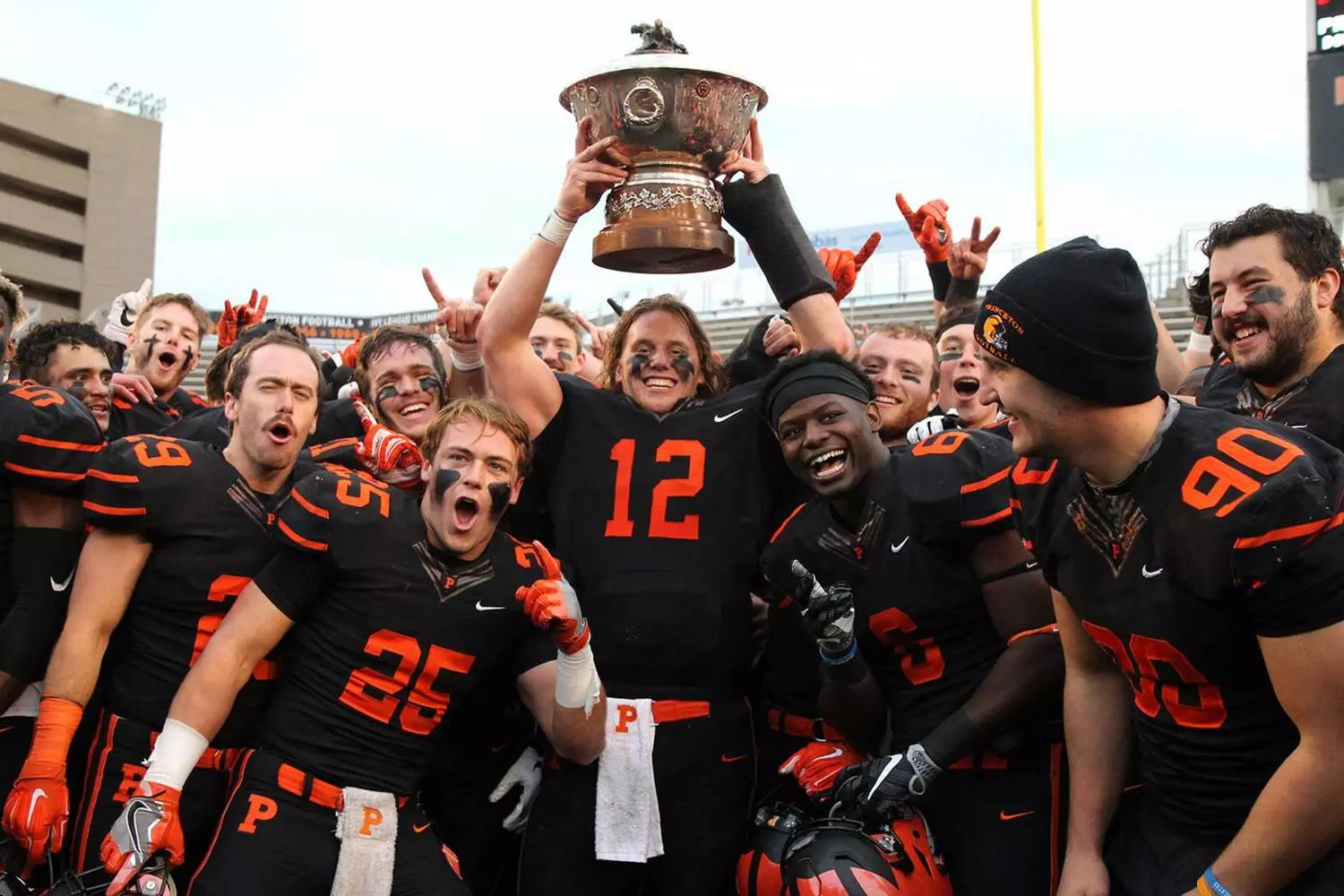
Princeton: Under the Rule of God and Tigers
Princeton University, whose orange-and-black emblem is recognized worldwide, is not just one of the most prestigious educational institutions on the planet. Behind its formal academic image lies a rich history, unique traditions, and fascinating facts that reveal the university from a completely different perspective.
- 01. Mascot and colors
The university’s symbol is the tiger. Princeton teams wear orange and black uniforms and are known as the “Princeton Tigers”. These colors have become an integral part of the campus spirit and identity. - 02. Latin motto
The university seal bears the Latin motto “Dei sub numine viget”, meaning “Under God’s power she flourishes”. This motto reflects the deep historical and philosophical roots of the university’s founding. - 03. Financial power
Princeton possesses an enormous endowment, ensuring its growth and independence. As of 2018, its size was $25.9 billion. - 04. No business school
Unlike many other top universities, Princeton does not have business (MBA), law, or medical graduate schools. Its focus is on undergraduate education and research PhD programs. - 05. Library with secrets
The Firestone Library, one of the largest in the world, has several underground levels called the “Maze”, forming a true city of knowledge. A special system of book elevators delivers books to readers within minutes. - 06. Gothic style and modernity
Most of the campus is built in Collegiate Gothic style, evoking Oxford or Cambridge. Yet there are modernist masterpieces, like the Lewis Center for the Arts by Frank Gehry, resembling a spaceship among old towers. On closer inspection, the Gothic buildings feature stone gargoyles depicting professors and famous alumni. The most famous is the "Einstein Gargoyle" with its tongue sticking out. - 07. Sculptures on the roof
On the roof of Nassau Hall, two stone tiger sculptures can be seen. Legend has it that during the War of Independence, a cannonball struck one of them, and its “wound” is still visible. - 08. The “Tower Steps” tradition
Princeton graduates walk through the main campus gates on their graduation day, symbolizing entry into university life, and exit through the same gates after graduation, beginning a new journey. This tradition has been observed for over a century. - 09. Ghosts of Nassau Hall
The oldest campus building is surrounded by ghost stories. The most famous involves former U.S. President John Adams, who is said to appear in the hallways. Legends also mention Albert Einstein’s ghost roaming the Institute for Advanced Study, helping diligent students tackle theoretical physics challenges. - 10. Temple of knowledge without books
One of the most beautiful buildings is the Princeton University Chapel. Beyond religious services, it is an architectural masterpiece. A secret: during construction in the 1920s, a Bible scroll was placed in the spire as a symbol of the university’s foundation “under God.” Also, during the building of the Cleveland Tower in 1913, a time capsule with newspapers, coins, and letters from notable alumni was placed inside, scheduled to be opened in 2113. - 11. Contribution to global science
Princeton has produced more than 70 Nobel laureates, both alumni and faculty. Among them is the famous physicist Albert Einstein, who spent his final years here working on the Unified Field Theory. His bust is in the physics department building. - 12. Own “Manhattan Project”
During World War II, part of the top-secret Manhattan Project was conducted at Princeton. Scientists led by Eugene Wigner worked on uranium isotope separation technology, a critical contribution to the overall effort. - 13. Mysterious sculptures
Campus features whimsical sculptures by renowned modern artists such as Henry Moore and Pablo Picasso. Students often give them nicknames and believe rubbing certain parts before exams brings luck. - 14. “Smart” squirrels
The campus is well-kept and rich in wildlife. Local squirrels are bold and unafraid of humans, often begging for food from students on lecture hall steps. Students joke that even the squirrels here are smarter than elsewhere. - 15. Secret societies
Like Yale, Princeton has secret societies, the most famous being the “Cloister Club.” Membership is highly secretive, and activities and rituals are undisclosed, fueling rumors. The oldest student club, “Clio Endowment Inn,” founded by James Madison, began as a secret literary society and today is one of the most prestigious campus clubs. - 16. “Midnight Scream” tradition
Before final exams, students gather at midnight in the central campus courtyard and scream together for several minutes. This ritual, known as the “Primerian Scream,” relieves stress before exams. - 17. Own meteorite
The Princeton Geological Museum houses a fragment of a meteorite that fell in New Jersey in 1829. One of the first scientifically studied meteorites in America, it contributed to the development of planetary science at the university. - 18. Freshmen vs. alumni
An annual snowball fight, “The Snowball Fight,” pits freshmen against alumni. Winners receive symbolic prizes, while losers host a celebratory dinner. - 19. Nobel “breakfasts with geniuses”
Once a month, students have the chance to have breakfast with Nobel laureates — faculty members. These informal meetings provide unique opportunities to receive guidance from great scientists. - 20. Papyrus collection
The Princeton Art and Archaeology Museum houses one of the world’s largest collections of ancient Egyptian papyri, including unique literary texts from the 3rd century BCE. - 21. First international student
The university admitted its first international student in 1760, a future Prime Minister of Spain. Since then, Princeton has prided itself on its global connections. - 22.Campus nuclear reactor
Since the 1960s, Princeton has operated a teaching nuclear reactor, one of the oldest in the country. Physics students conduct practical classes and research there. - 23. First PhD in America
Princeton was among the first U.S. universities to award the Doctor of Philosophy (PhD) degree. The first diploma was awarded in 1879 to a physics graduate. - 24. Chapel with acoustic marvel
The university chapel hosts services and features one of the finest organs in the world. Its unique acoustics allow performances by top global musicians, and the organ’s sound can be heard across the campus. - 25. Founders’ secret archives
Princeton’s library preserves personal letters and documents of the U.S. Founding Fathers, including drafts of James Madison’s “The Federalist”. These archives are available only to serious researchers and stored under special climate conditions.
Princeton University is a unique blend of centuries-old traditions, intellectual power, and living history. It continues to flourish, remaining not just an educational institution, but a true cultural and scientific phenomenon. Every stone, tradition, and graduate is part of this ongoing story that continues to unfold.
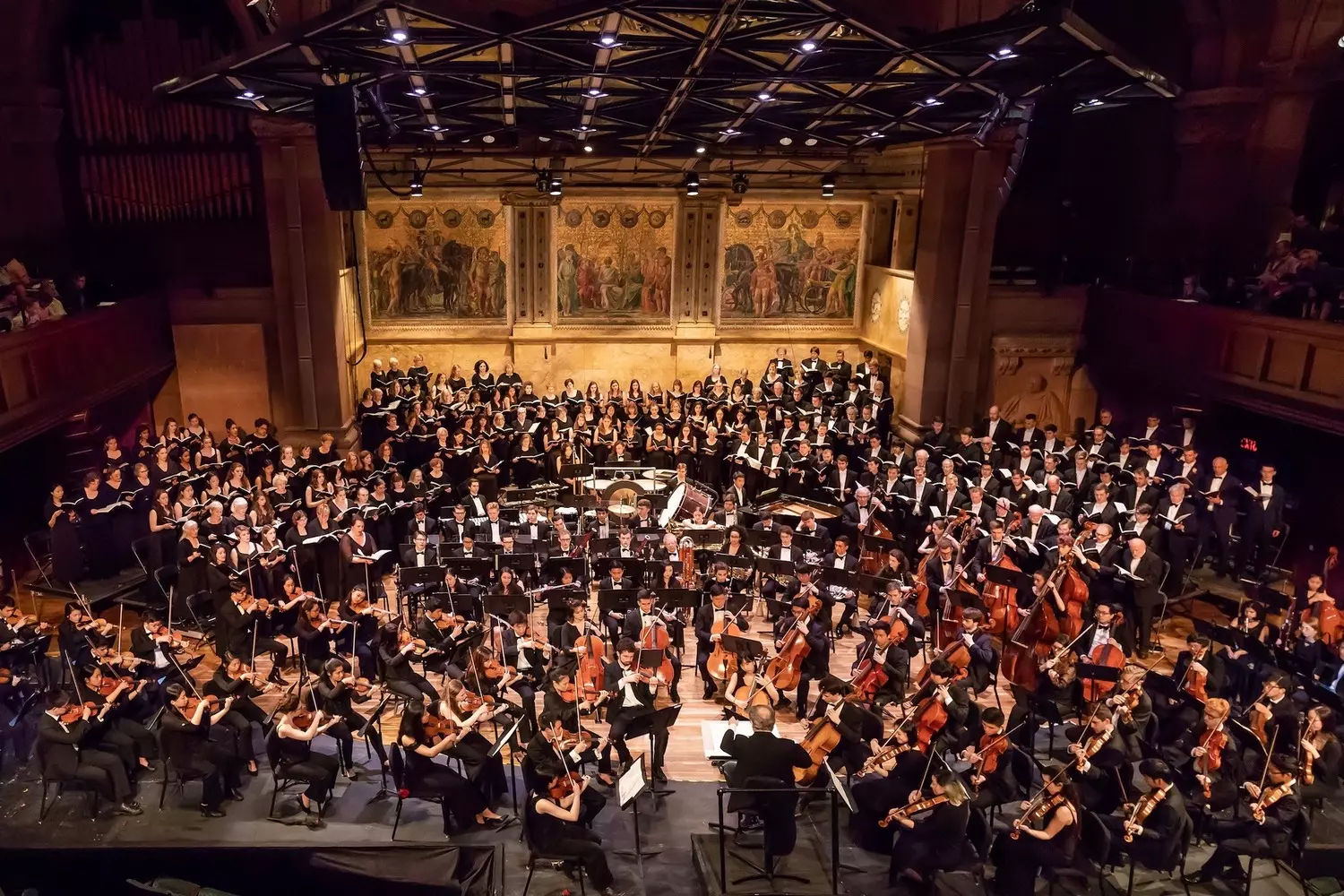
Assistance and Educational Tours by American Butler
Princeton is not just a beautiful dream. It is a real opportunity to change your future career, your sphere of influence, your perspectives, and your social environment. It is a university that shapes not followers, but creators; not observers, but agents of change.
If you feel that the world is vast and your ambitions are more than just earning a diploma, perhaps Princeton is truly for you.
American Butler can help you:
- Prepare for admission to Princeton and other top U.S. universities;
- Organize educational visits and tours to Ivy League campuses;
- Navigate documents, requirements, and deadlines;
- Prepare essays and develop your portfolio.
This is not just a service — it is guidance, with people by your side who know the path.
Additional Information
-
Address
Princeton, NJ 08544, США
-
Phone
- +1 609-258-3000
- +1 609-258-3060 (приемная комиссия)
-
Language
English
-
Website
| Address | Princeton, NJ 08544, США |
| Phone |
|
| Language | English |
| Website |
Cost
-
Education Fees
- Undergraduate — approximately $59,710 per year
- Graduate / Master’s — from approximately $53,770 to $53,876 per year
- PhD — approximately from $49,000 per year
-
Insurance, Services
- Room and board: approximately $19,380 per year
- Books and supplies: ~ $1,050 per year
- Health insurance: around $2,300+ per year
- Other expenses (personal, transportation, fees): can reach $3,900 and above, depending on the student
| Education Fees |
|
| Insurance, Services |
|












